Introduction to Chess and Its Cognitive Benefits
Chess, a strategic board game played worldwide, has roots that stretch back centuries. Known for its complex and intellectual nature, chess is not only a game of entertainment but also a powerful tool to boost mental function and brain health. In this article, we explore the various cognitive benefits chess offers, shedding light on why this game is often labeled as an exercise for the brain.
Enhances Problem-Solving Skills
At its core, chess is a game of problem-solving. Each move requires a player to assess the board, predict potential outcomes, and formulate strategies. This constant practice significantly enhances a player's analytical thinking skills. Problem-solving in chess involves both inductive and deductive reasoning skills, teaching players to recognize patterns and devise complex strategies based on the information at hand.
Critical Thinking and Strategy
Chess compels players to think critically, weighing the pros and cons of every move. This kind of critical evaluation improves decision-making skills in real-world situations as well. The strategic aspect of chess encourages players to plan ahead, think long-term, and anticipate their opponent's moves, which are invaluable skills in everyday life and professional scenarios.
Boosts Memory Improvement
Playing chess has a profound impact on memory improvement. Chess players are often required to remember various game positions, moves, rules, and strategies — all of which enhance mnemonic skills. Research has shown that students who play chess improve their memory and cognitive abilities, aiding in better academic performance.
Visualization and Calculation
Chess players frequently practice visualization techniques by trying to picture the board and potential moves in their head. This exercise strengthens the brain's cognitive visualization skills, crucial for fields requiring spatial reasoning. Moreover, the calculation involved in chess - assessing multiple scenarios and outcomes - fosters better mathematical skills.
Improves Attention and Concentration
Chess demands a high level of concentration and focus. Each game can last for hours, during which players must remain highly alert to not miss any threats or opportunities. Regularly engaging in games that require such concentration can increase attention spans and improve the ability to focus on other tasks without getting easily distracted.
Fosters Cognitive Flexibility
Cognitive flexibility or the ability to switch between different thoughts and behaviors, adapts to new, unexpected, and changing conditions. In chess, players often have to adapt their strategies based on their opponent's moves. Enhancing cognitive flexibility through chess can benefit personal development by enabling better coping strategies in unexpected situations and resilience in facing challenges.
Aids in Dementia Prevention
Multiple studies suggest that the mental challenge involved in playing chess can reduce the risk or delay the onset of dementia and Alzheimer’s disease. The mental exertion helps to keep the brain active and prevent degeneration, maintaining cognitive functioning longer than in individuals who do not engage in mental exercises.
Conclusion: Chess as a Cognitive Development Tool
The benefits of playing chess are numerous and significantly impactful on the brain's health and capacities. From improving memory and problem-solving skills to enhancing concentration and preventive benefits against cognitive decline, chess serves not only as a source of entertainment but as a substantial developmental tool. Encouraging the integration of chess into educational curriculums and recreational activities could foster a smarter, more cognitively flexible generation.
Continuing Research and Future Directions
As ongoing research continues to uncover the impacts of chess on cognitive development, it is clear that the game could play a crucial role in educational and psychological advancement. By fostering essential skills such as problem-solving, critical thinking, and strategic planning, chess remains not only a profound cultural artifact but also a significant enhancer of mental function.
Explore our large collection of luxurious chess sets!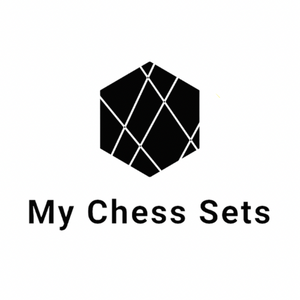
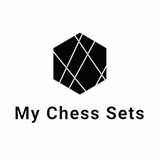
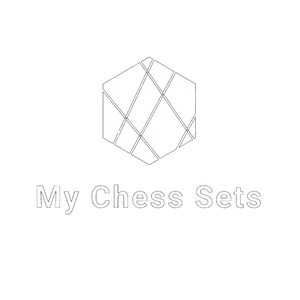

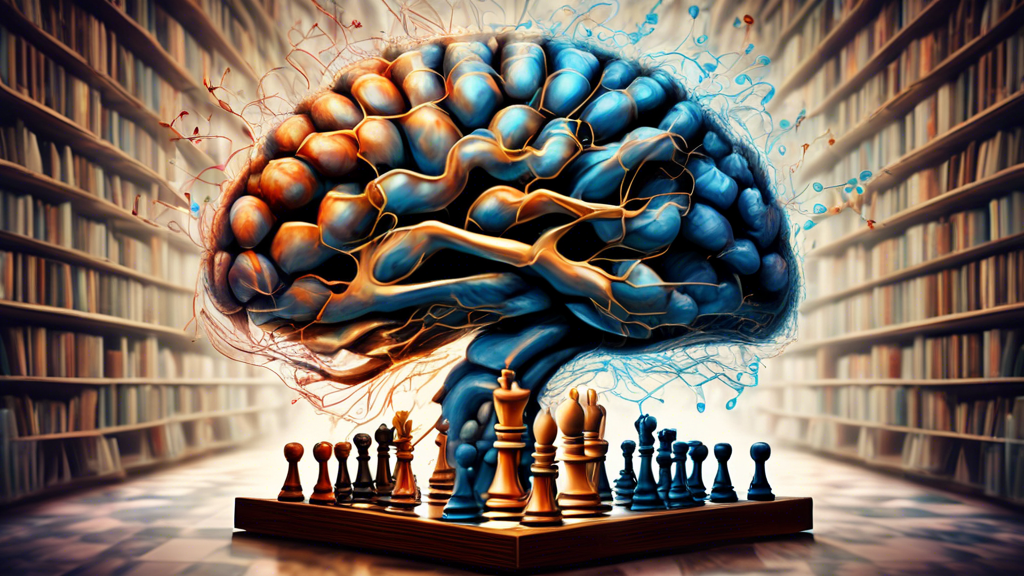
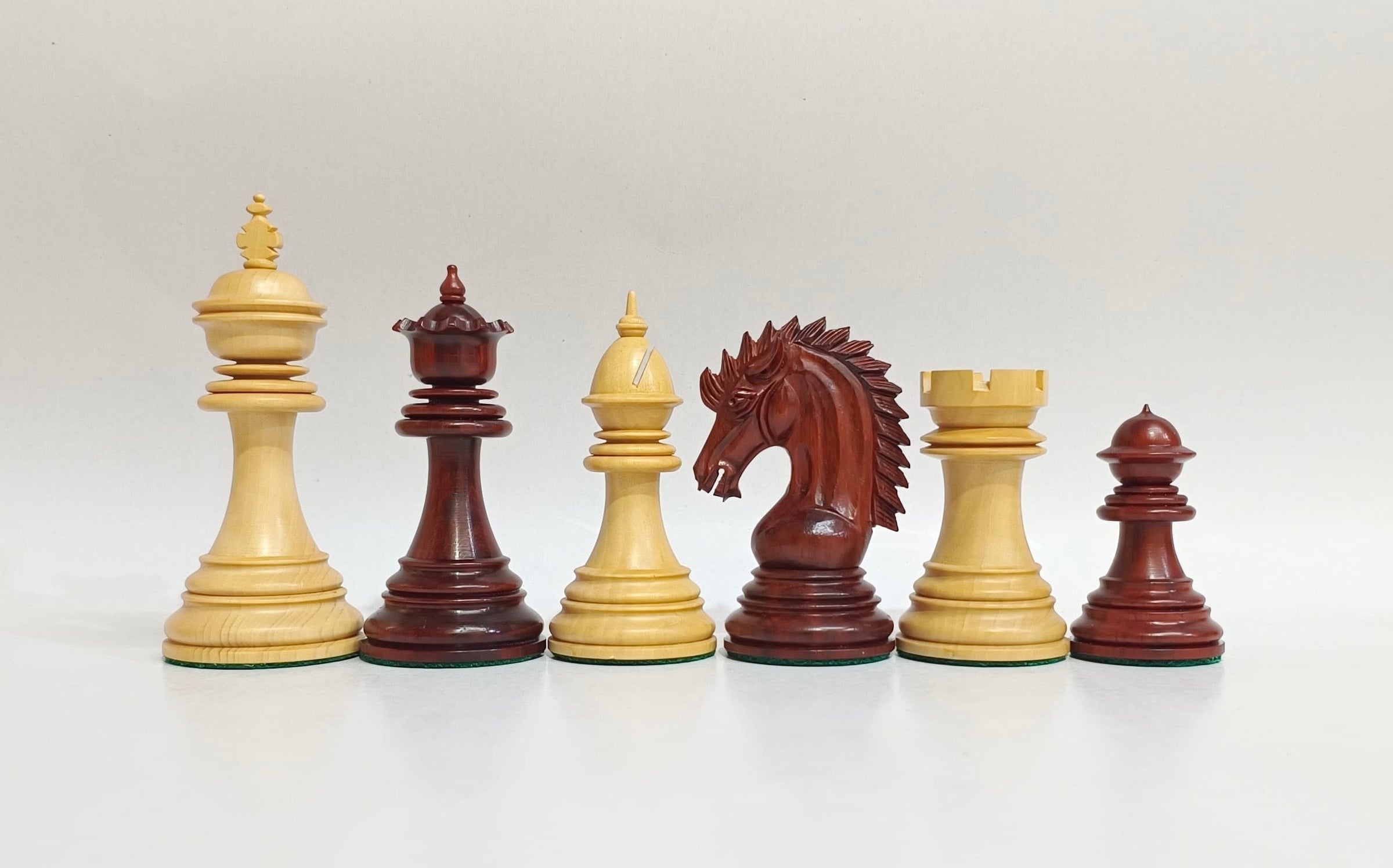
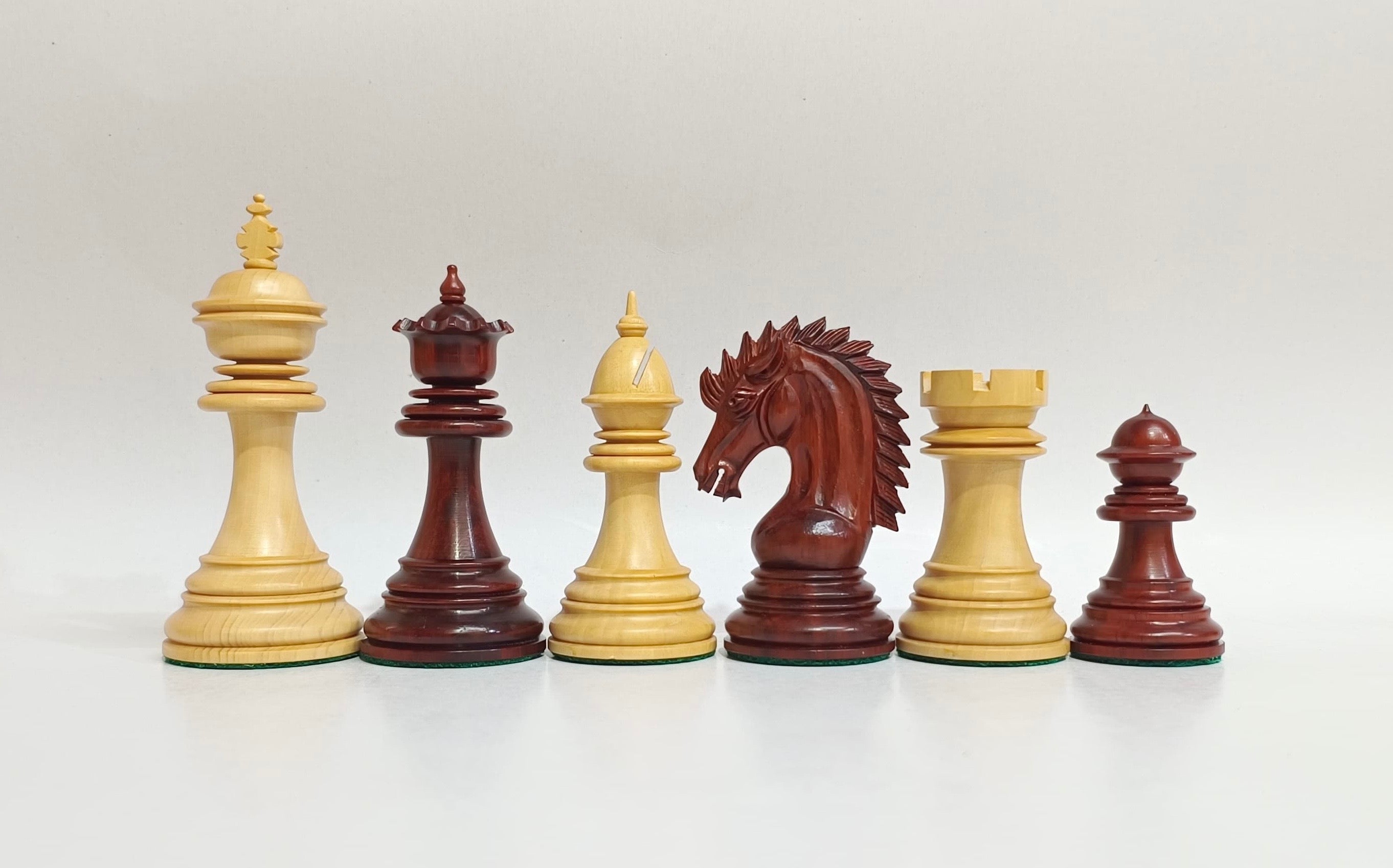
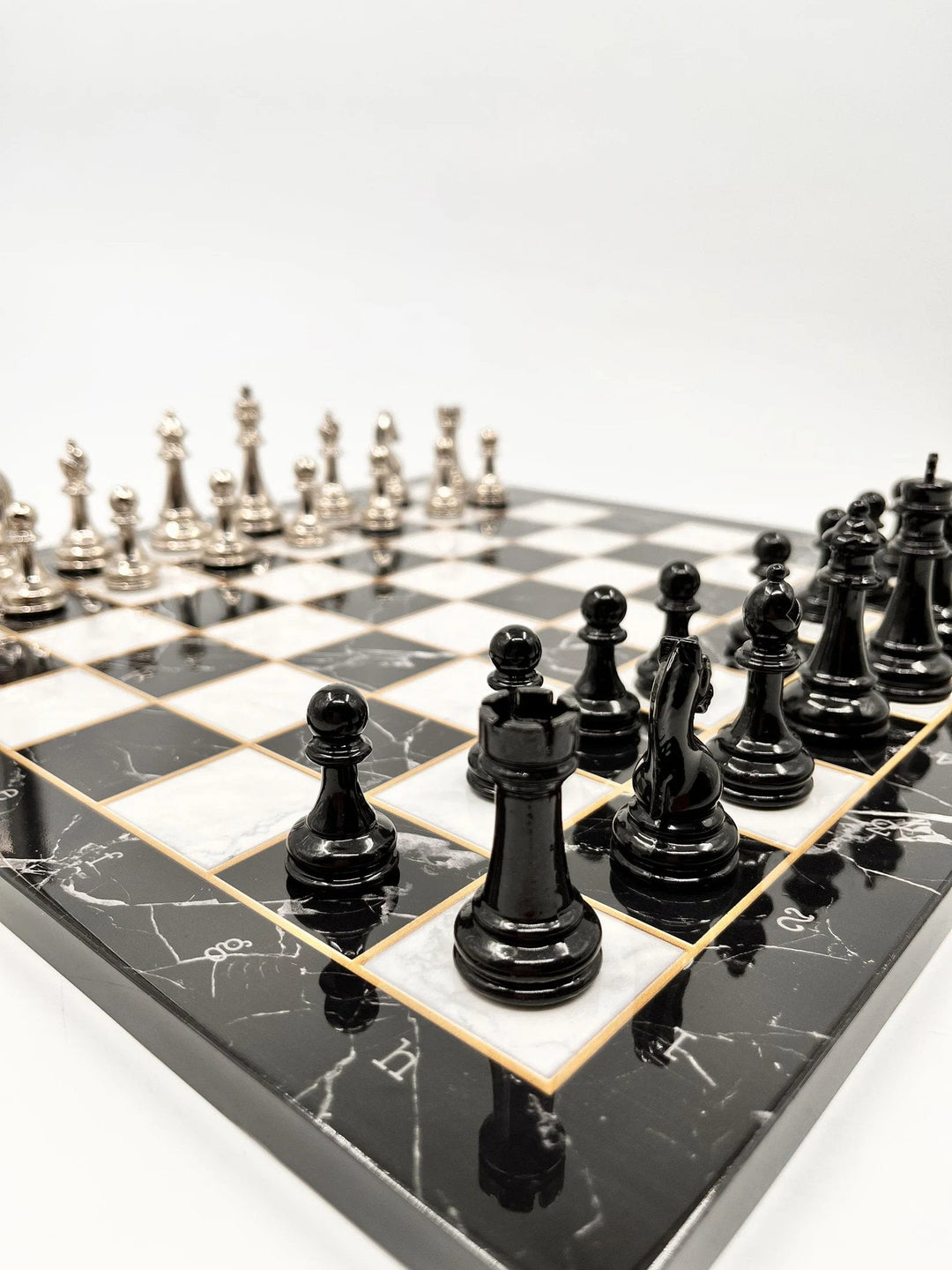

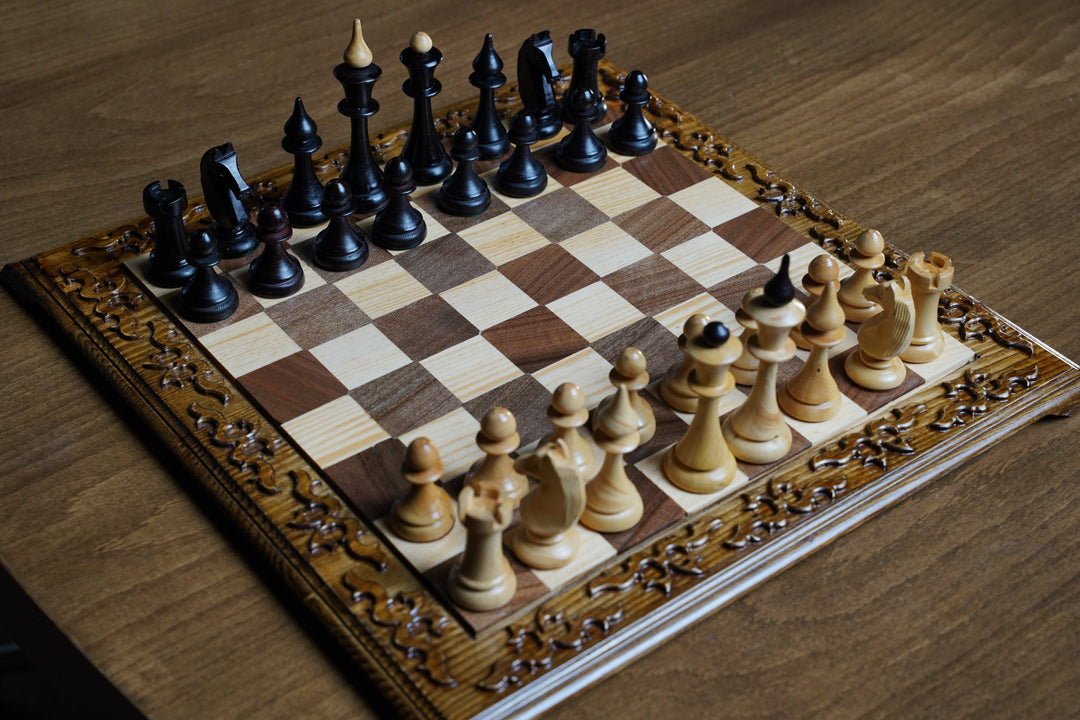
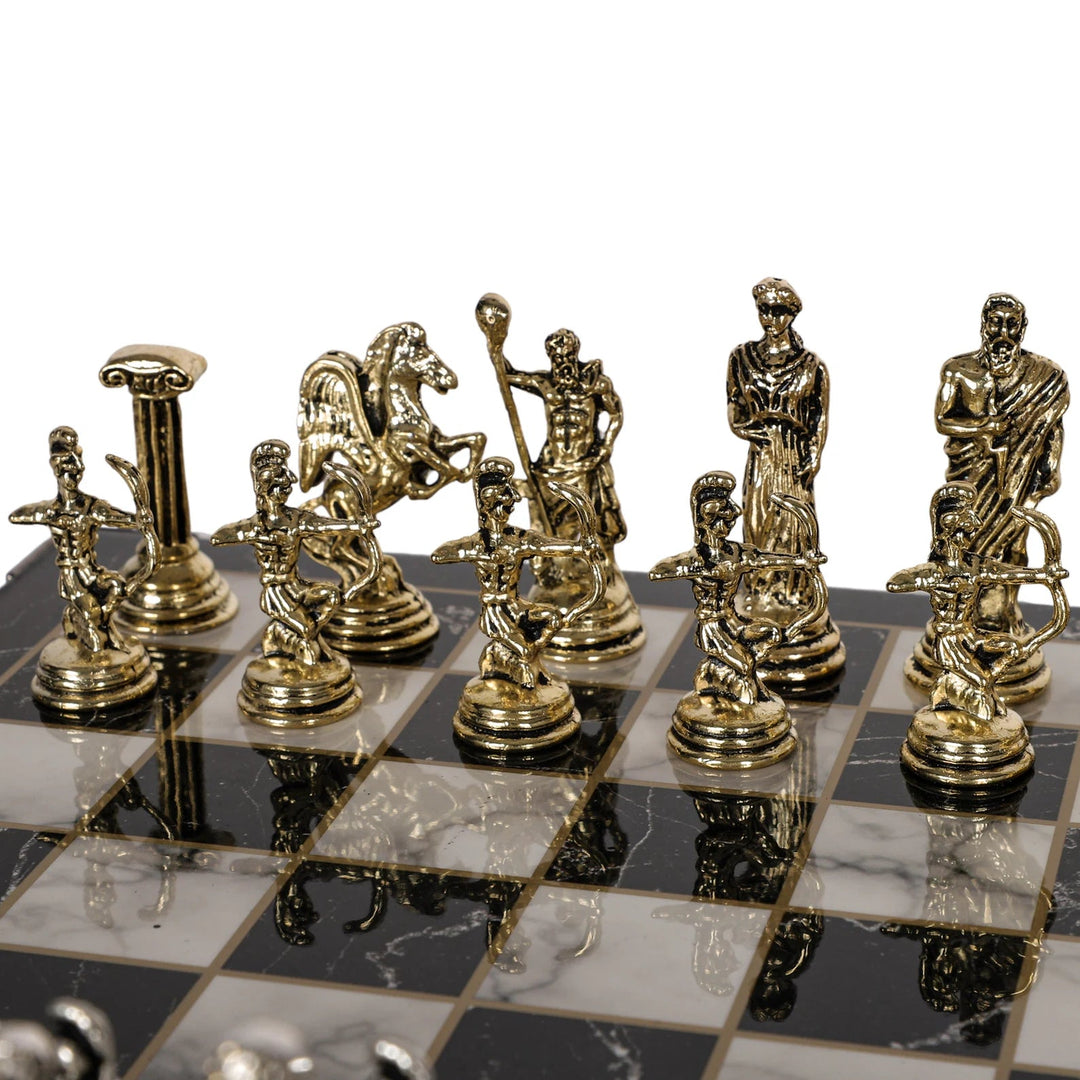
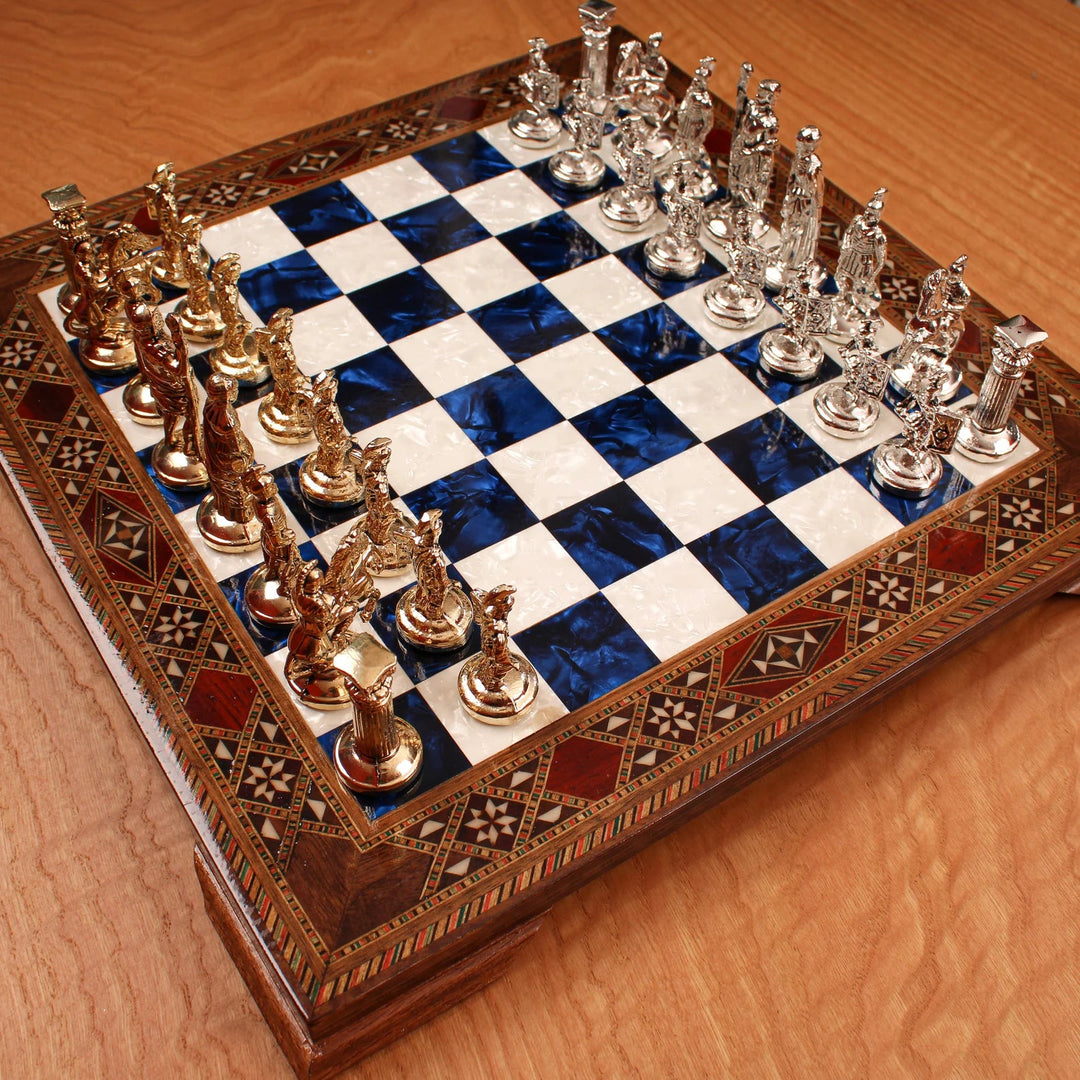
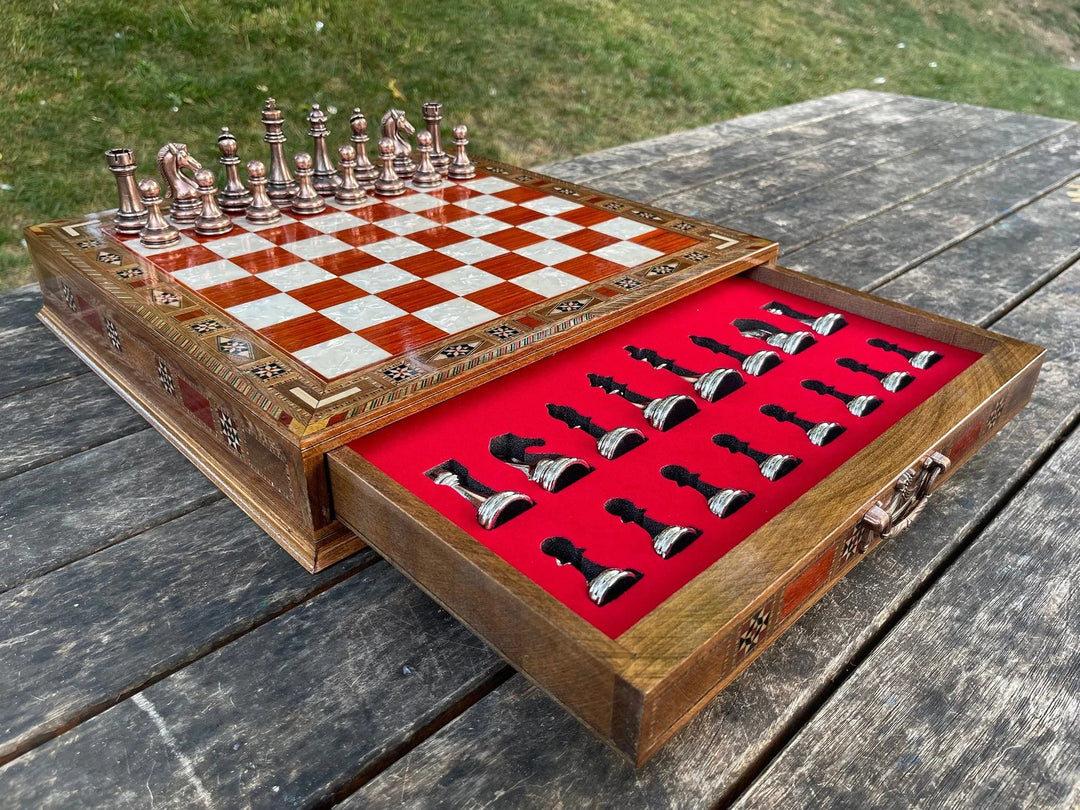
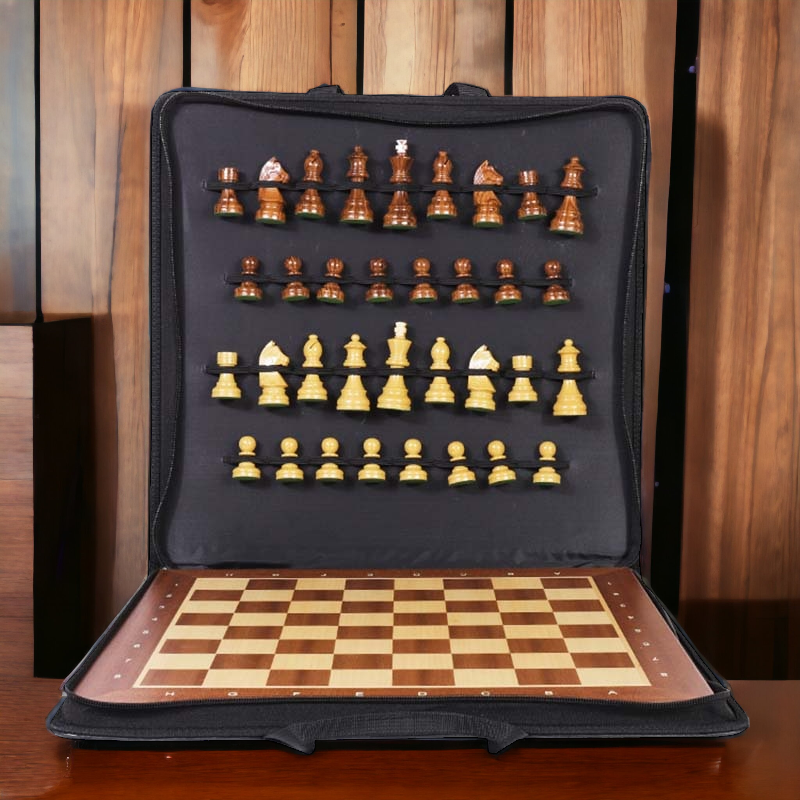
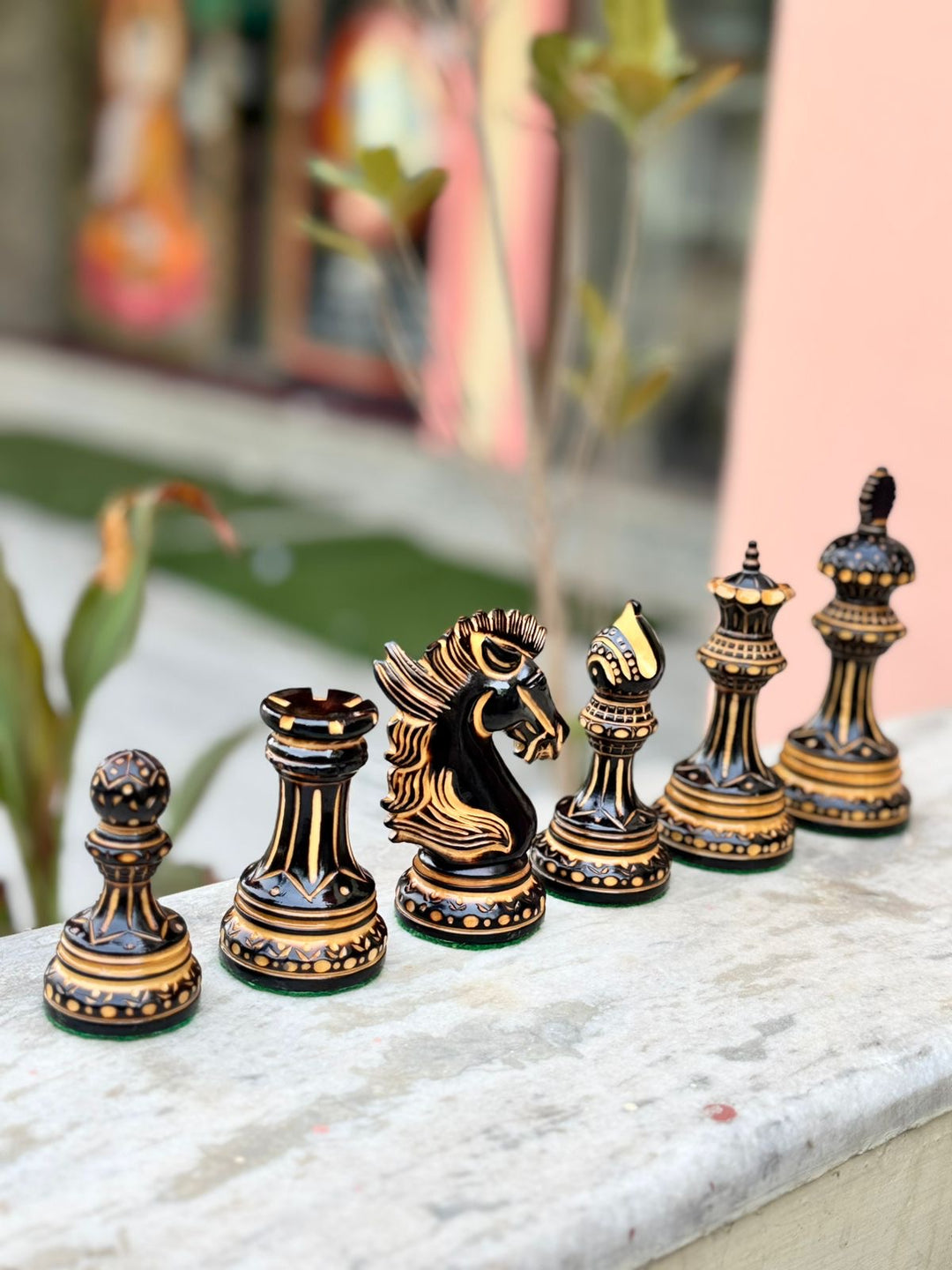
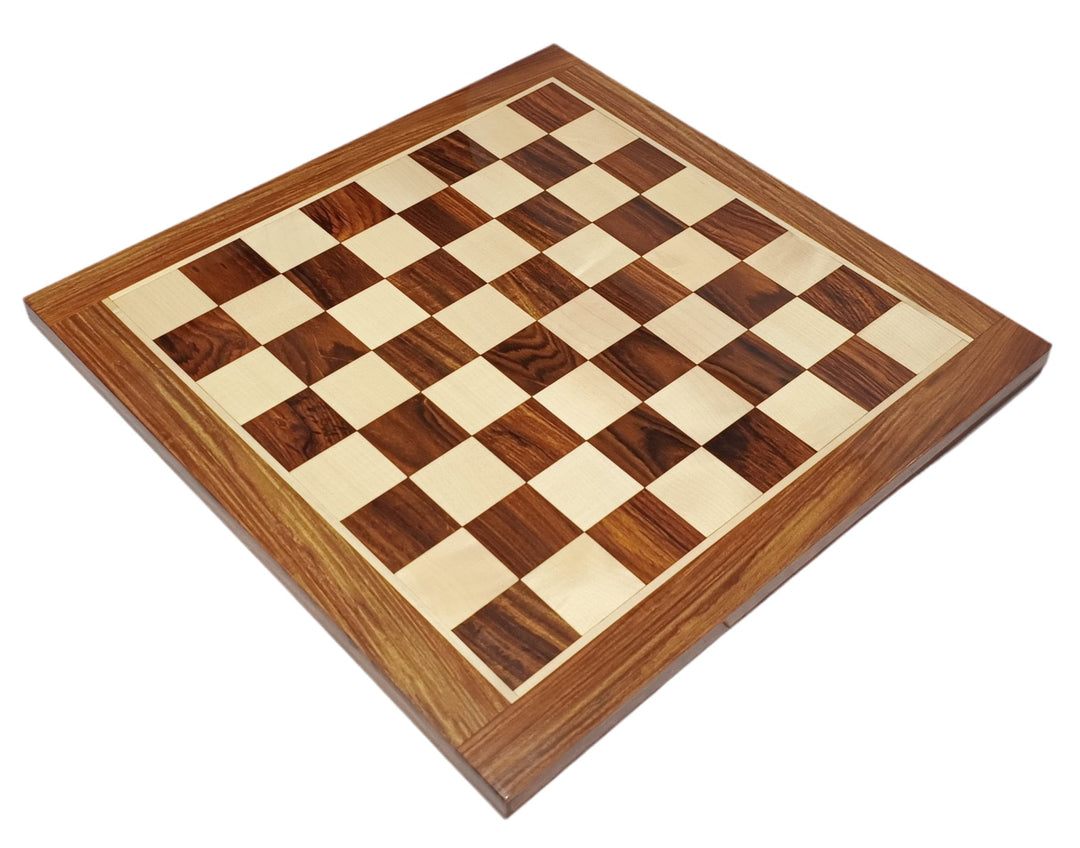
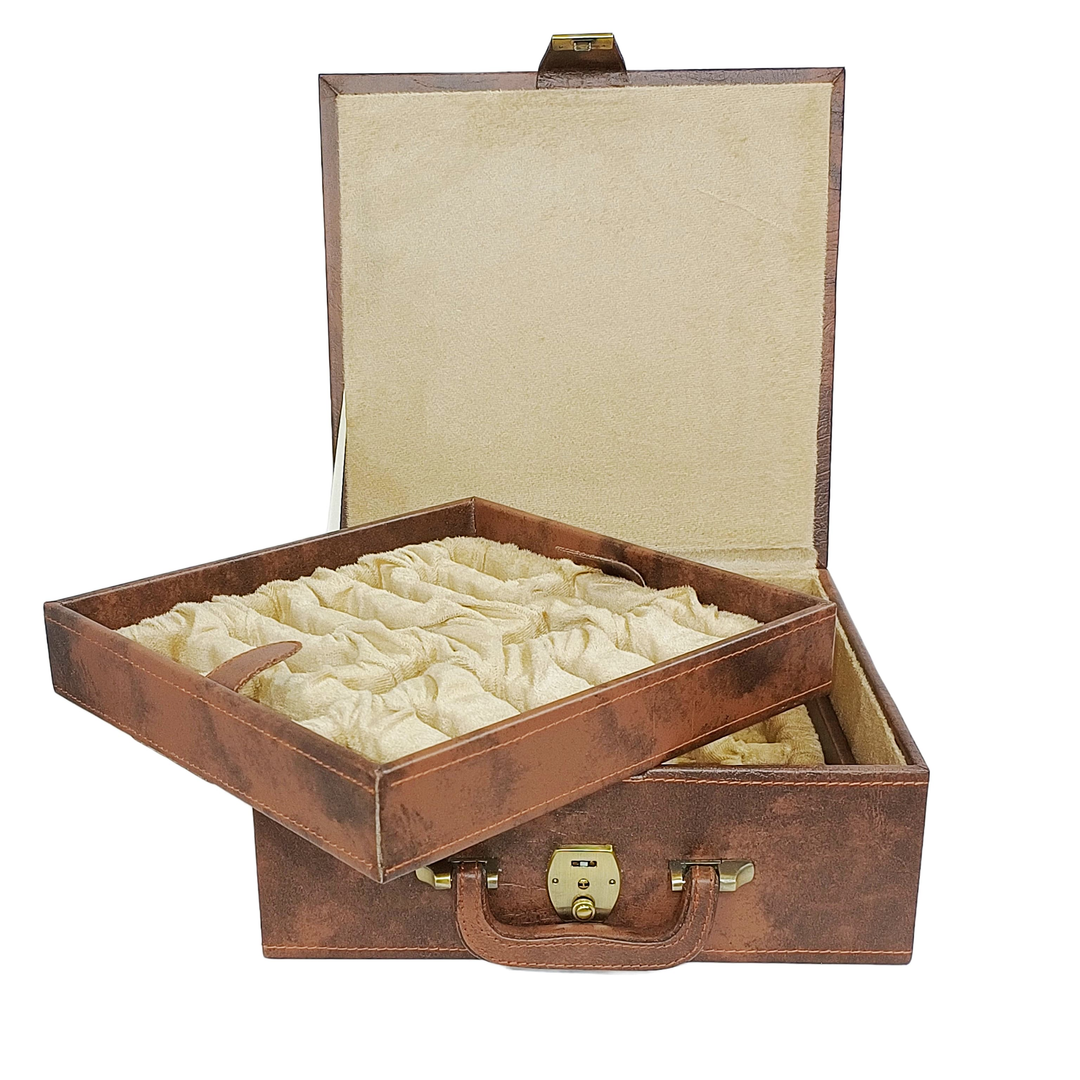
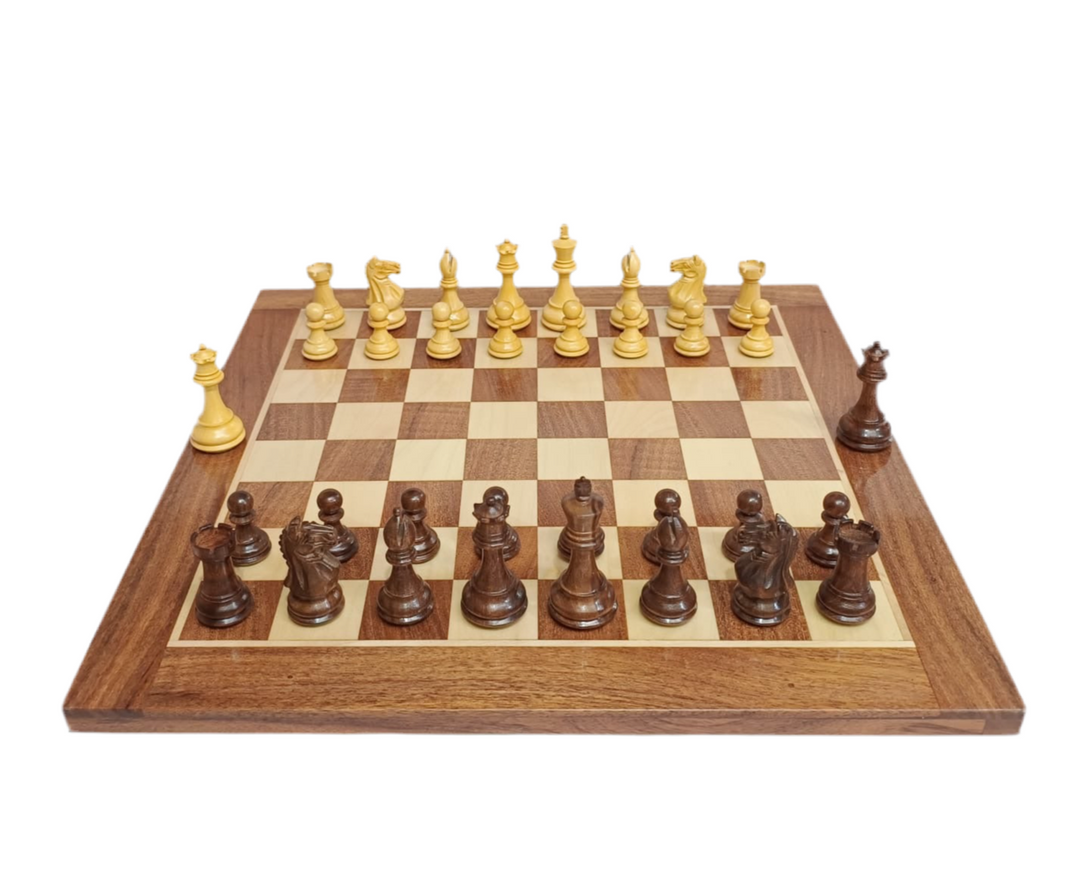
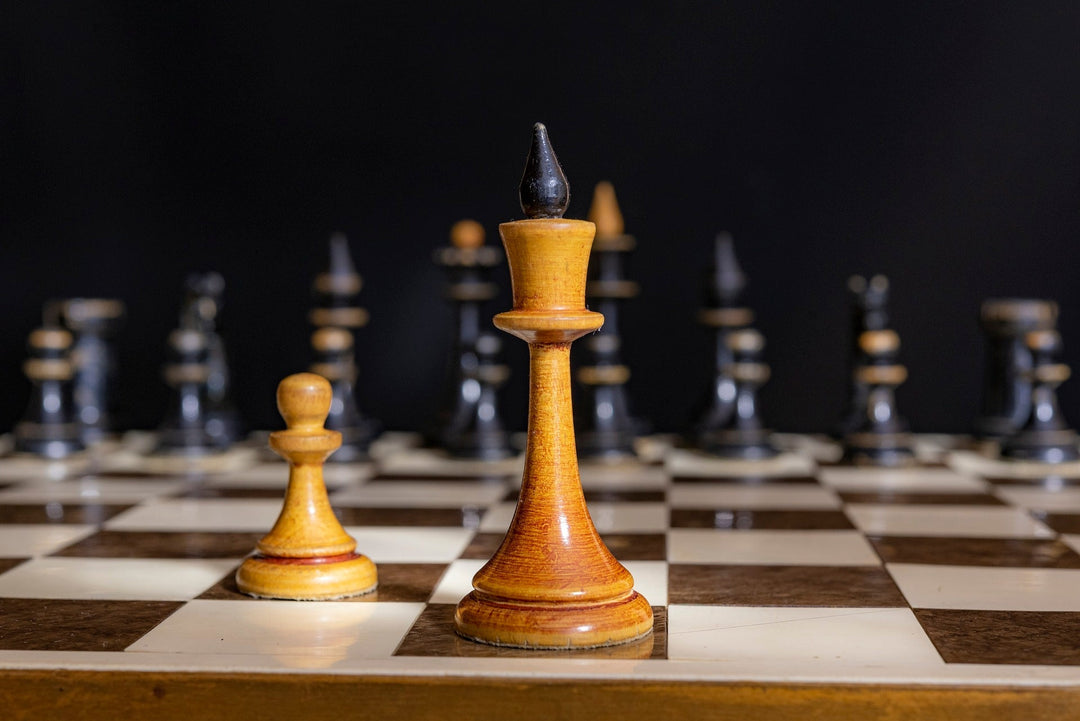
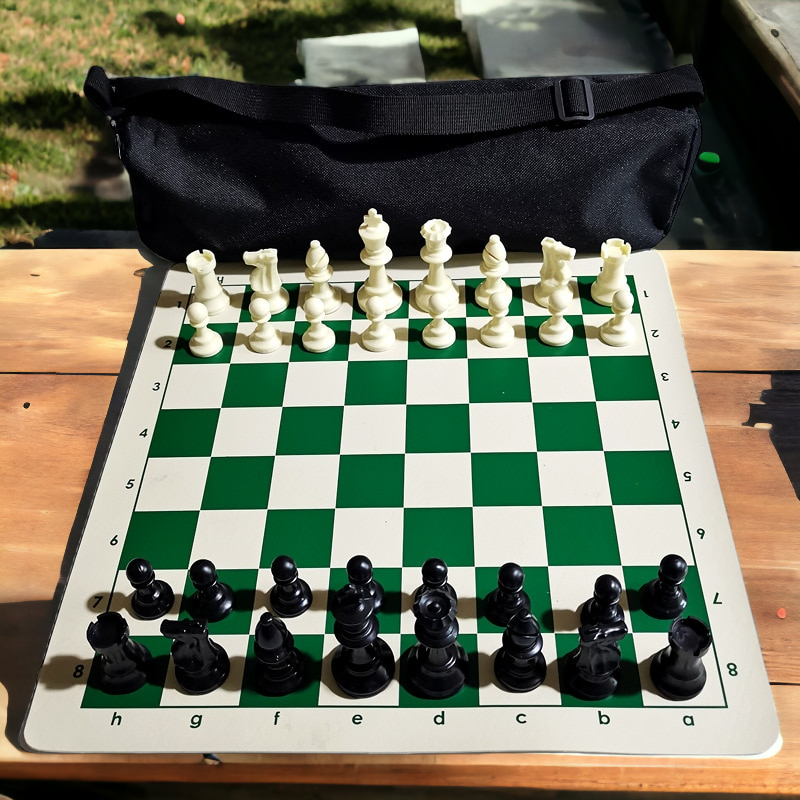
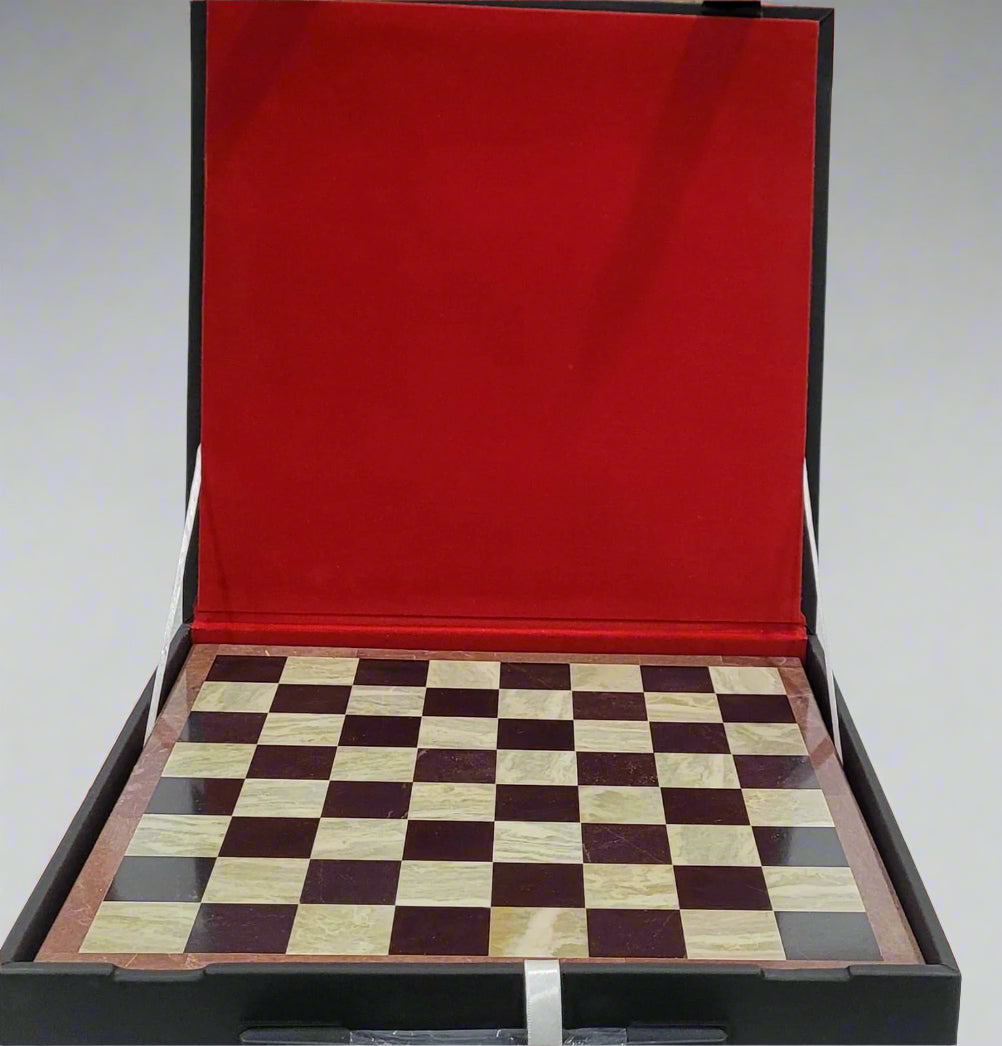
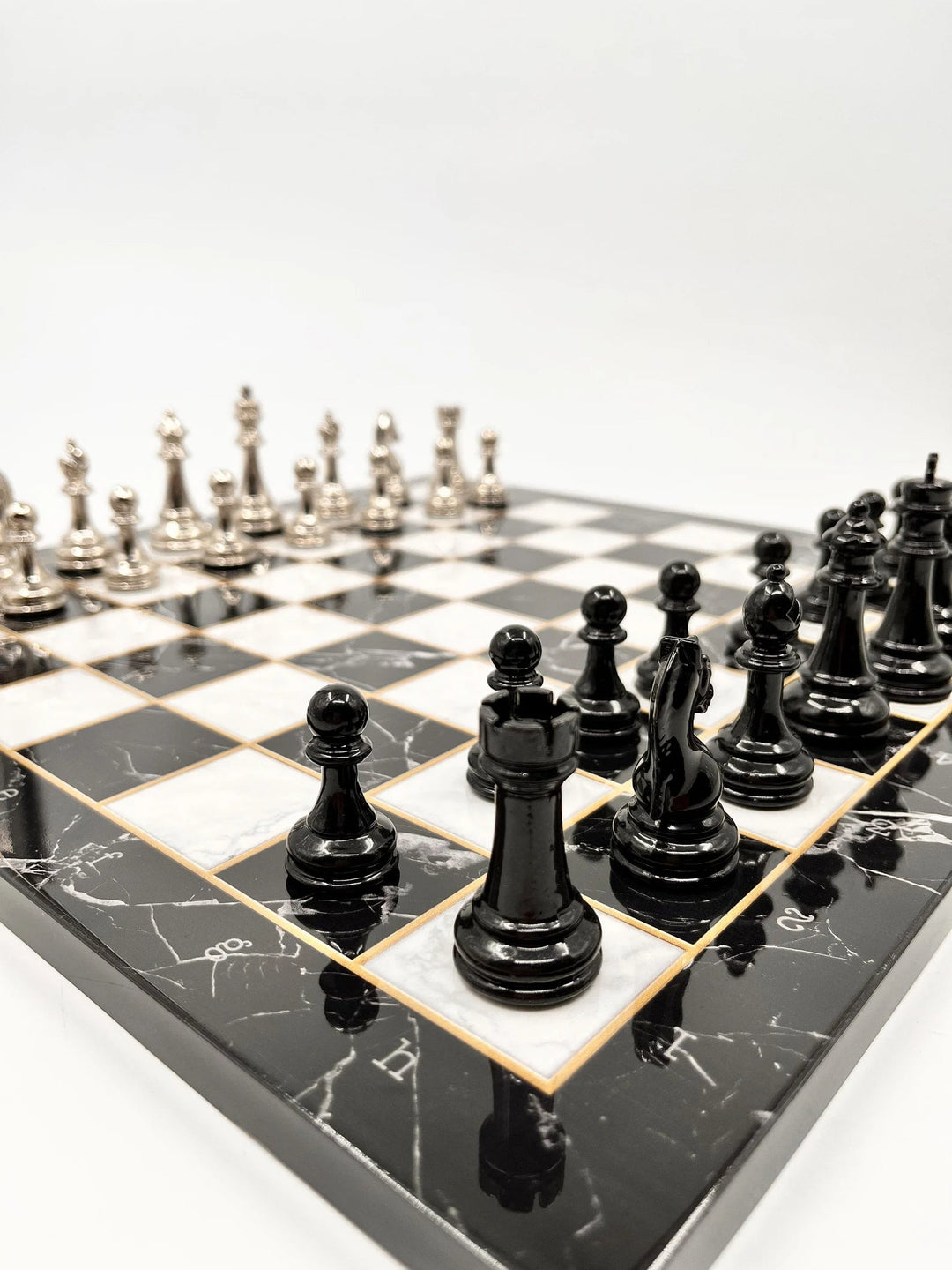
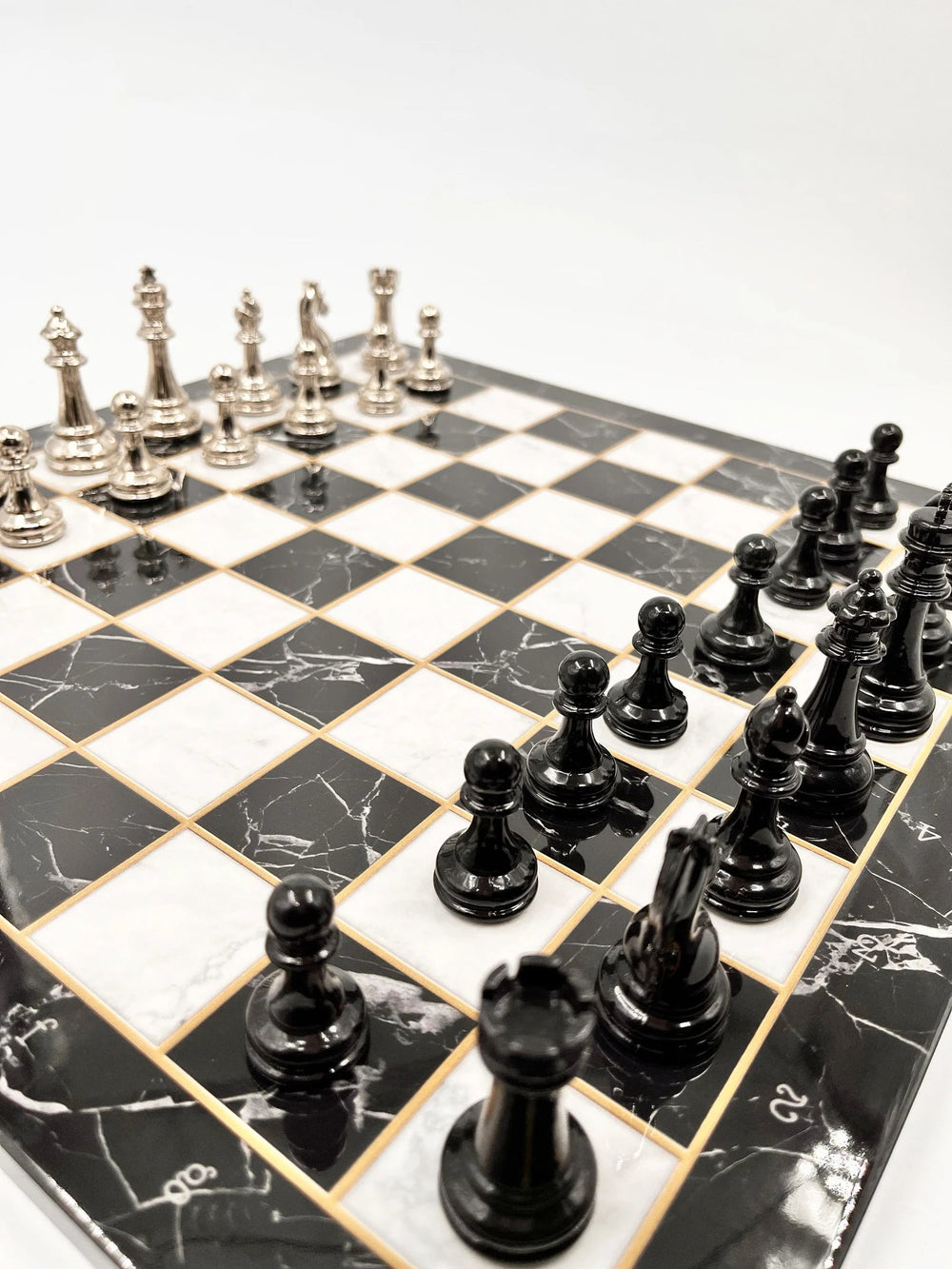
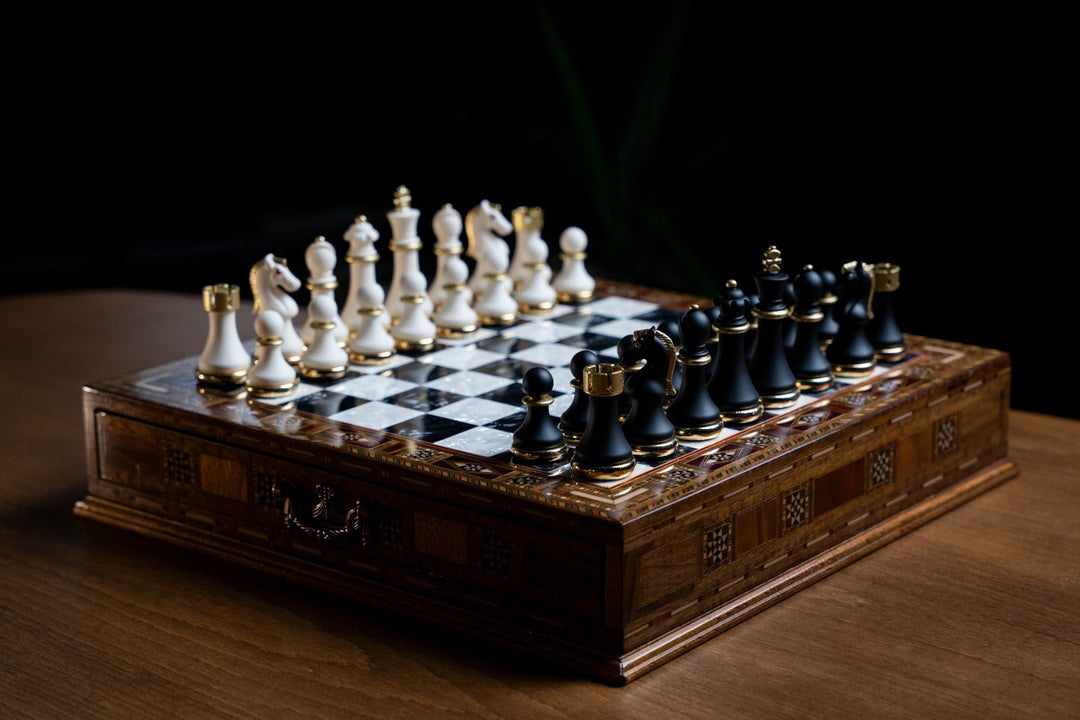
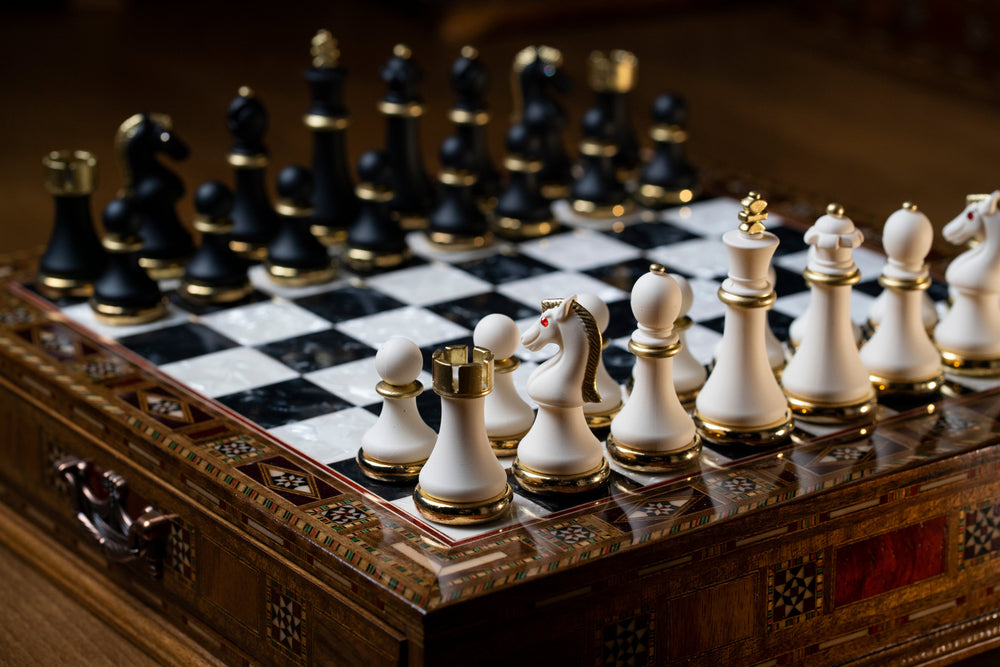
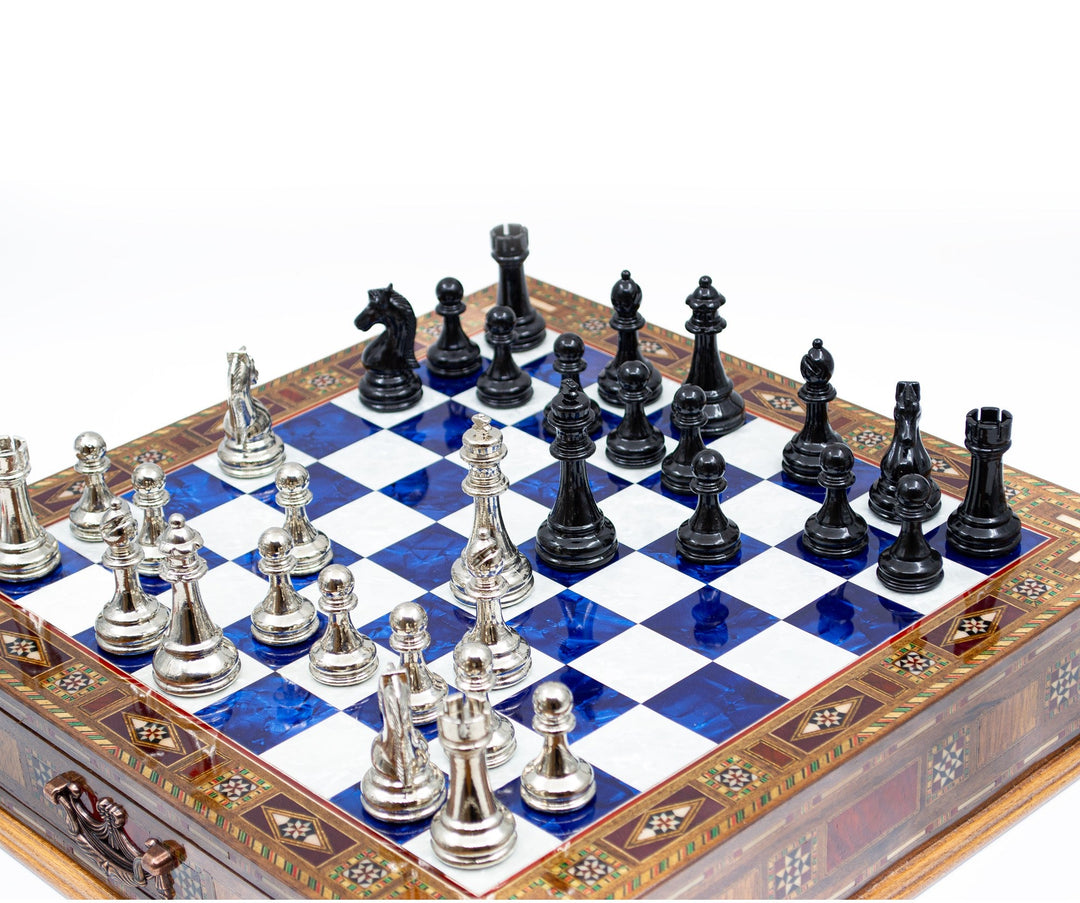
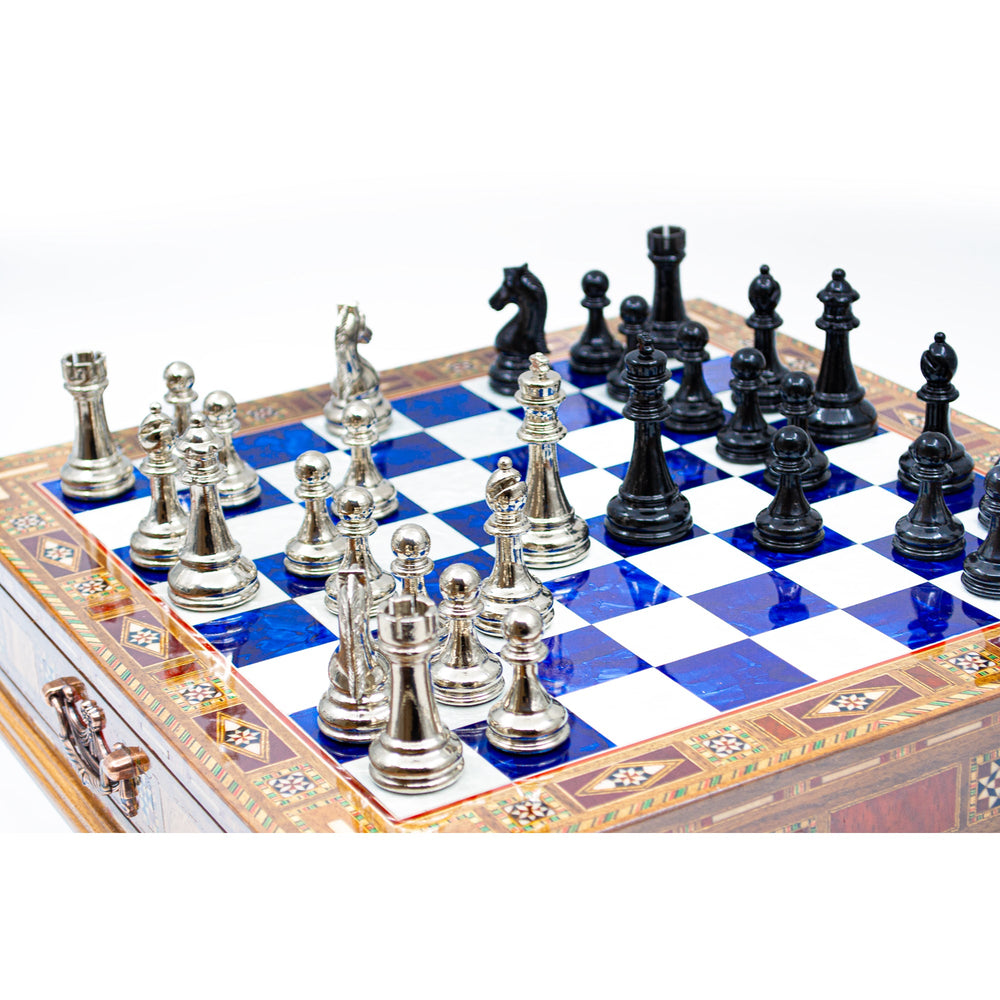
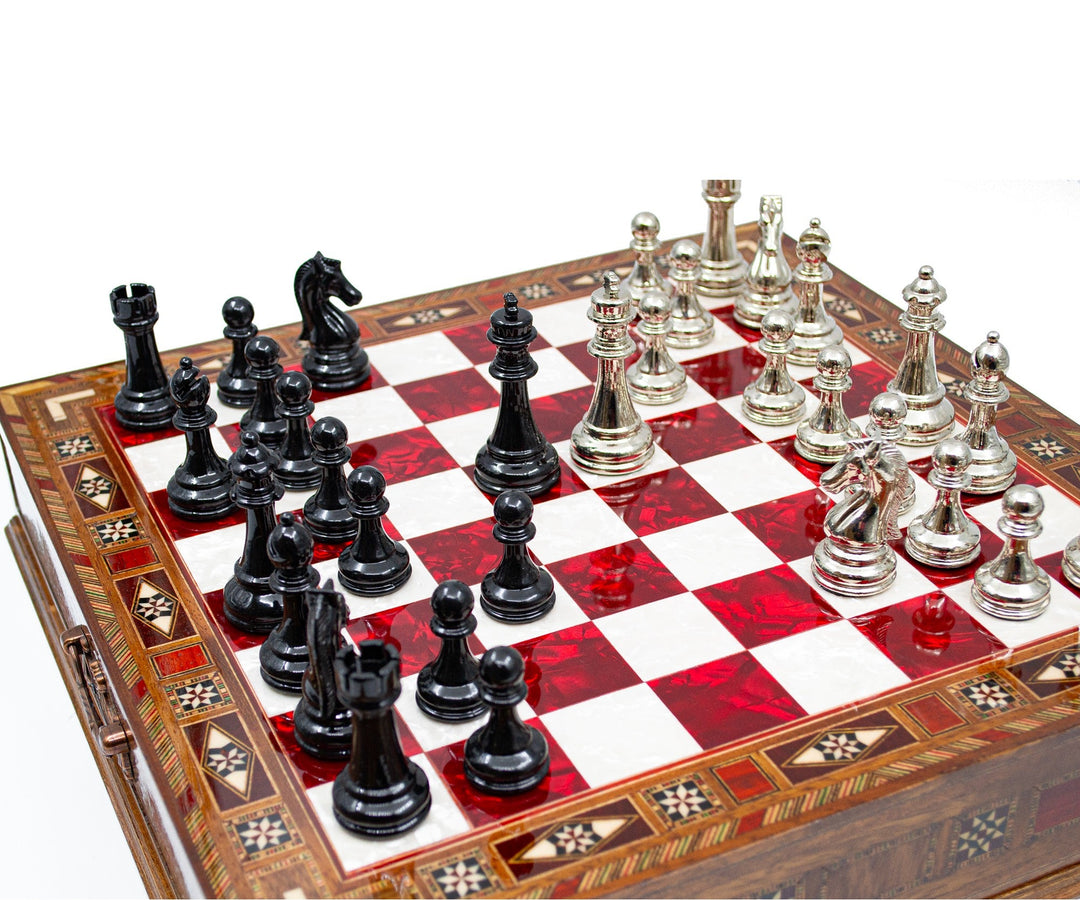
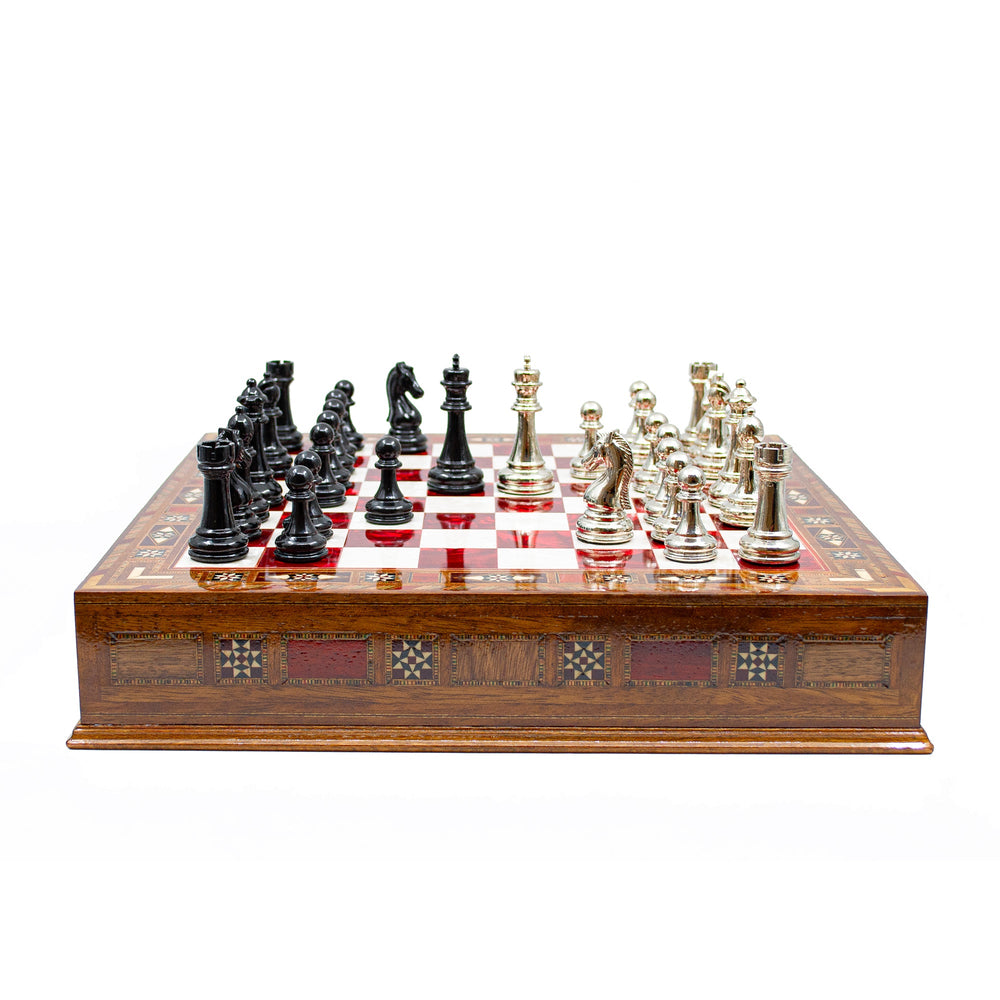
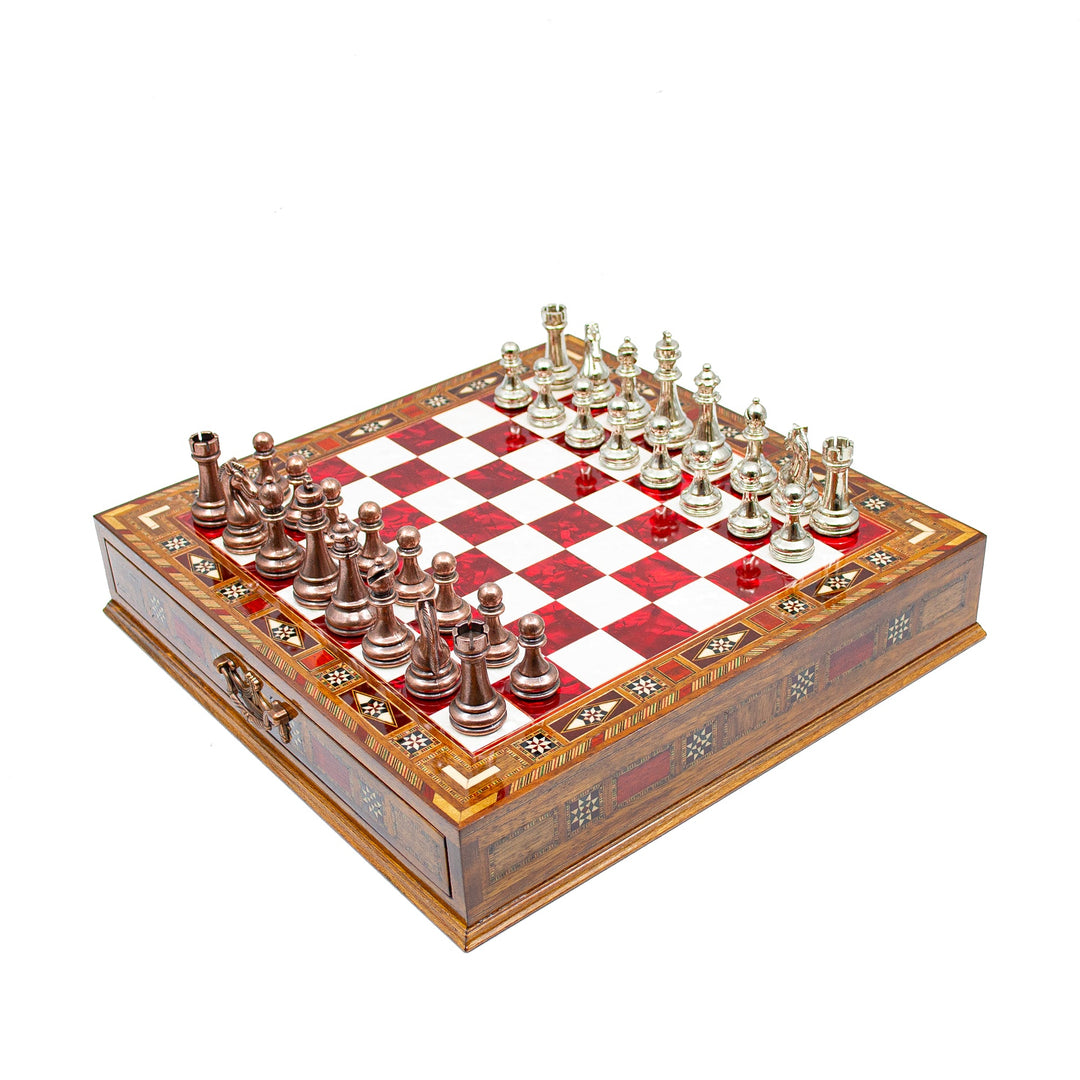
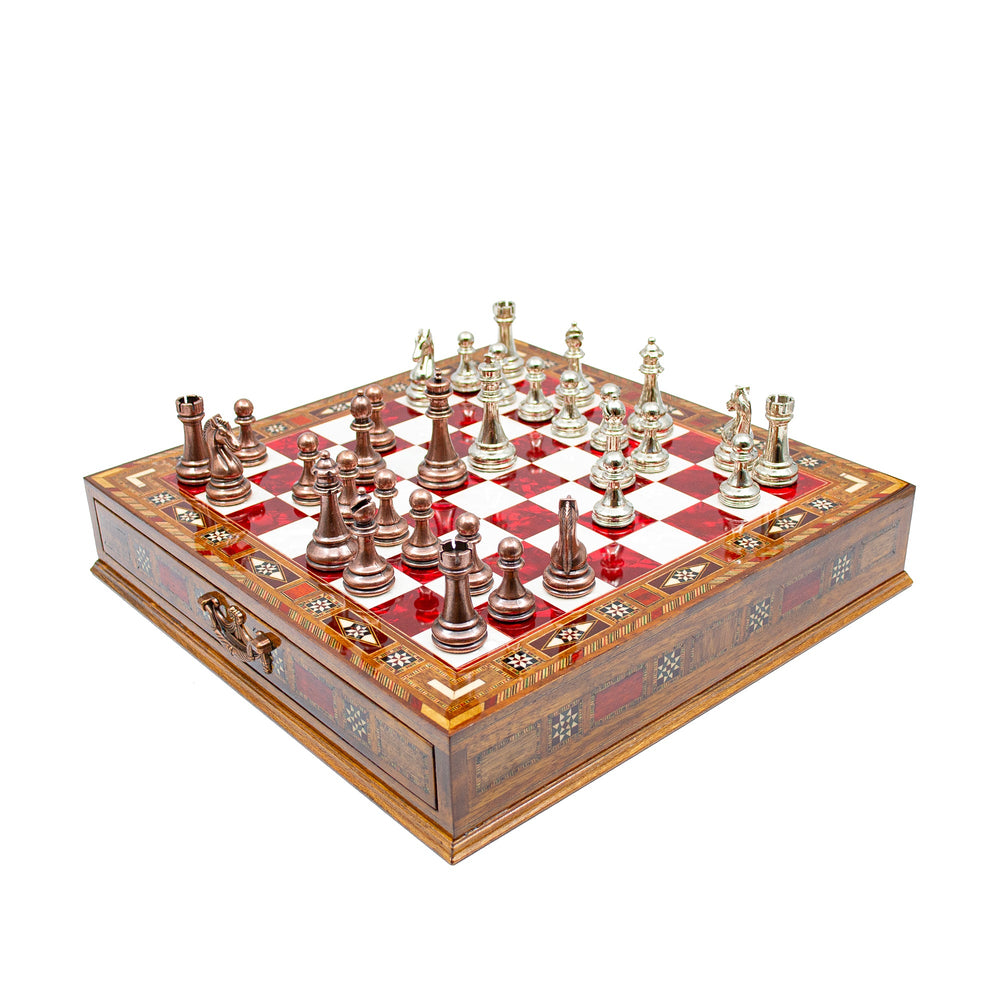
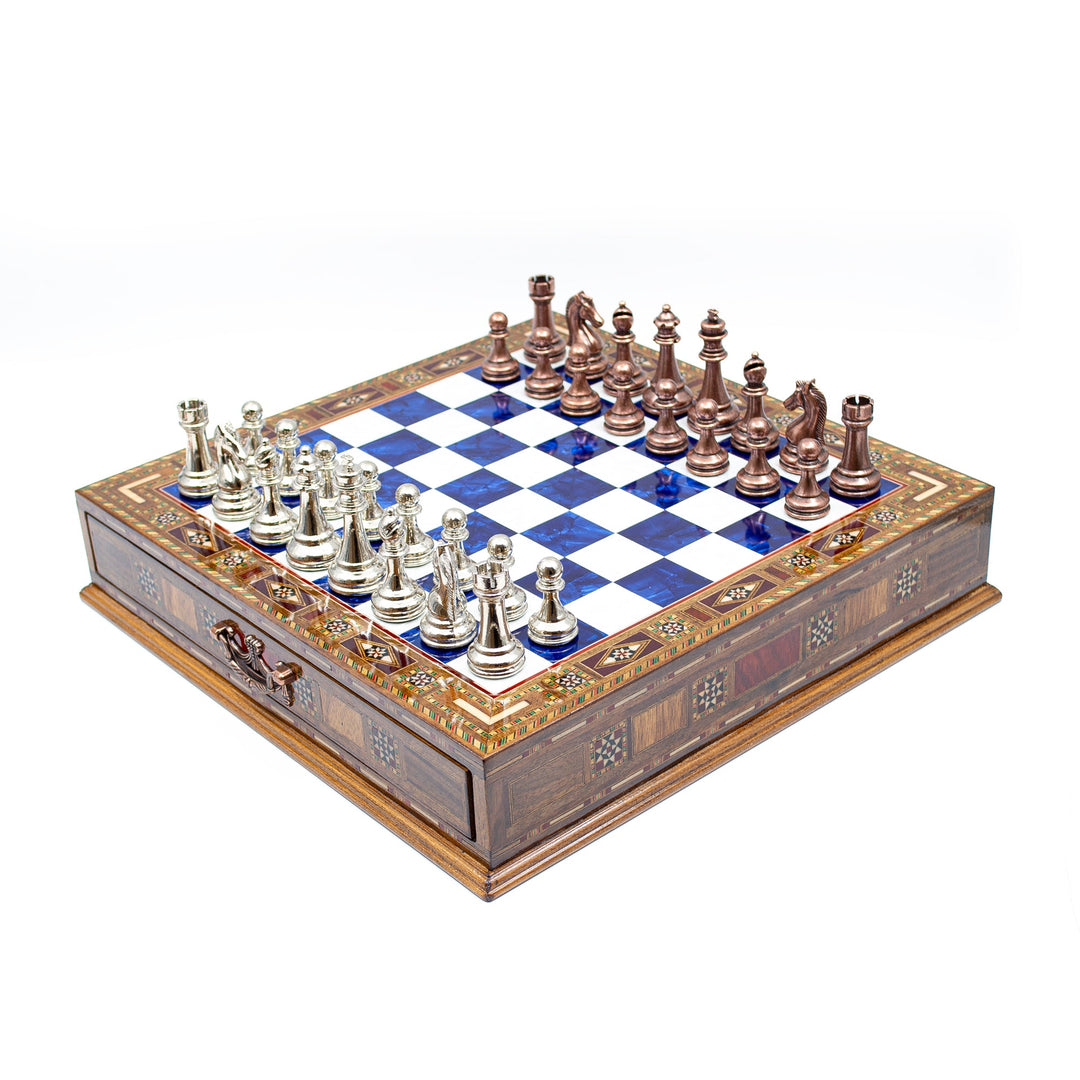
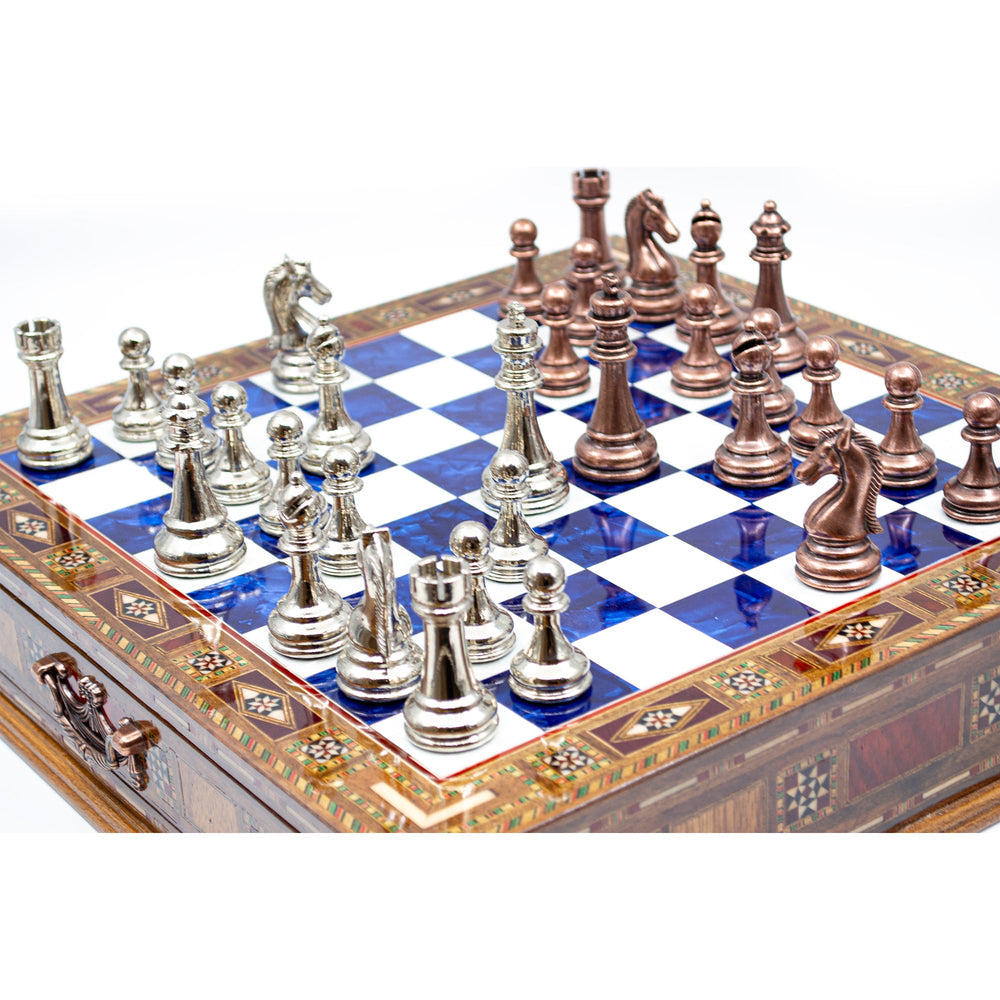
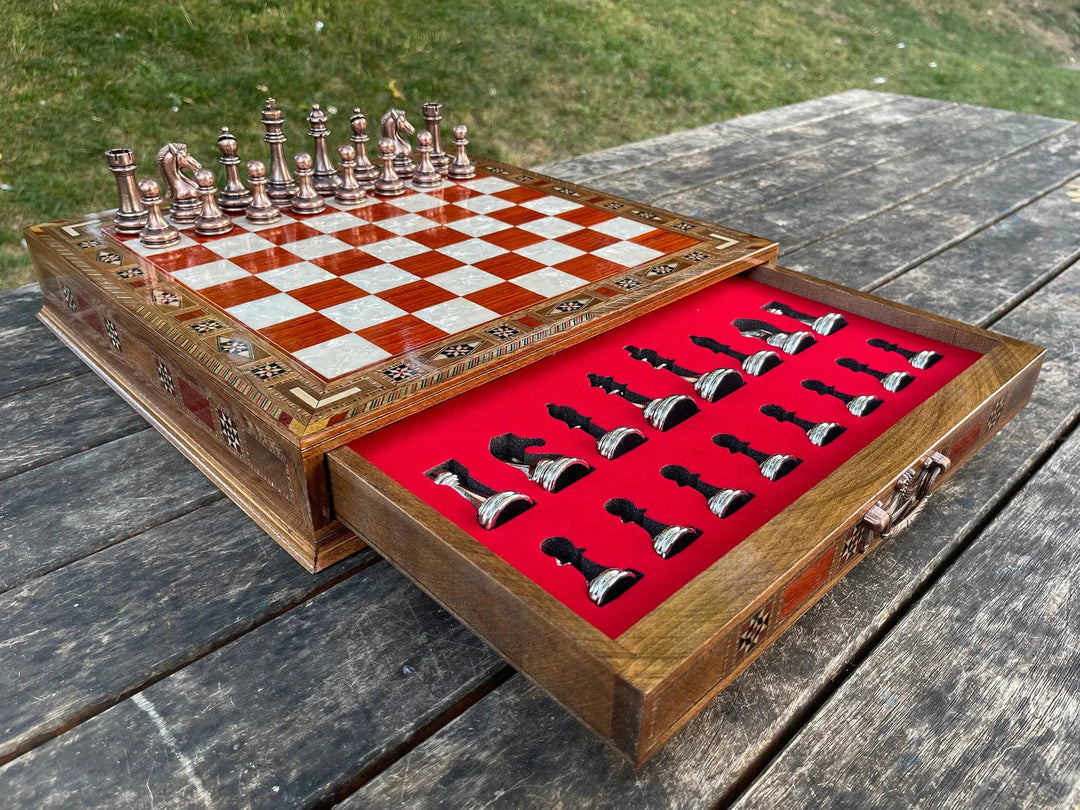
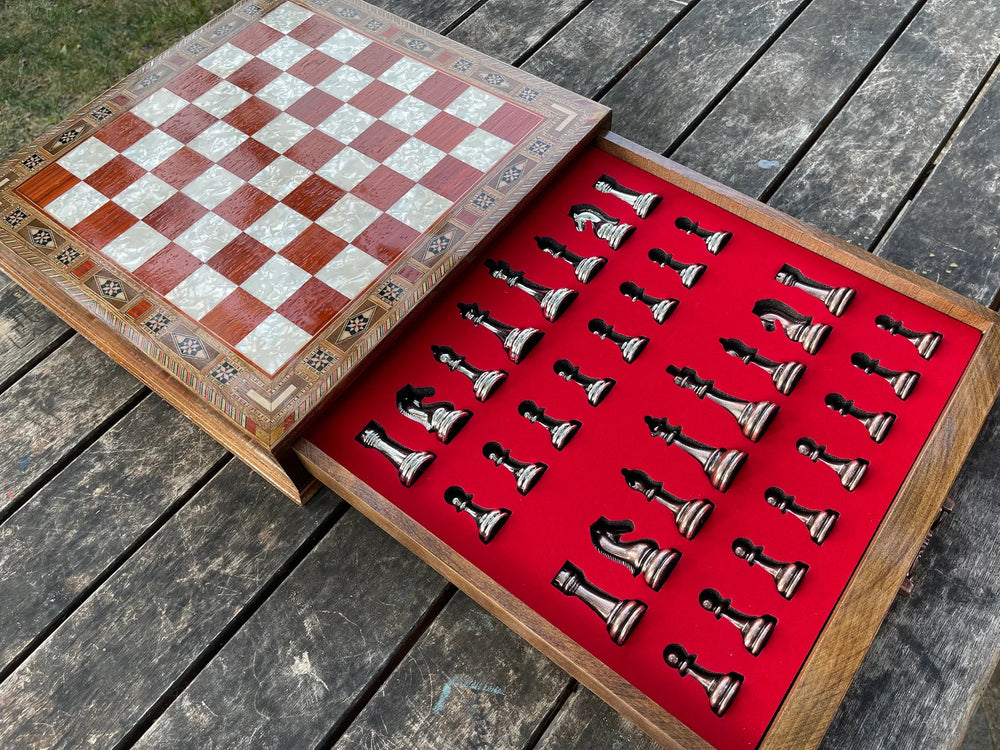
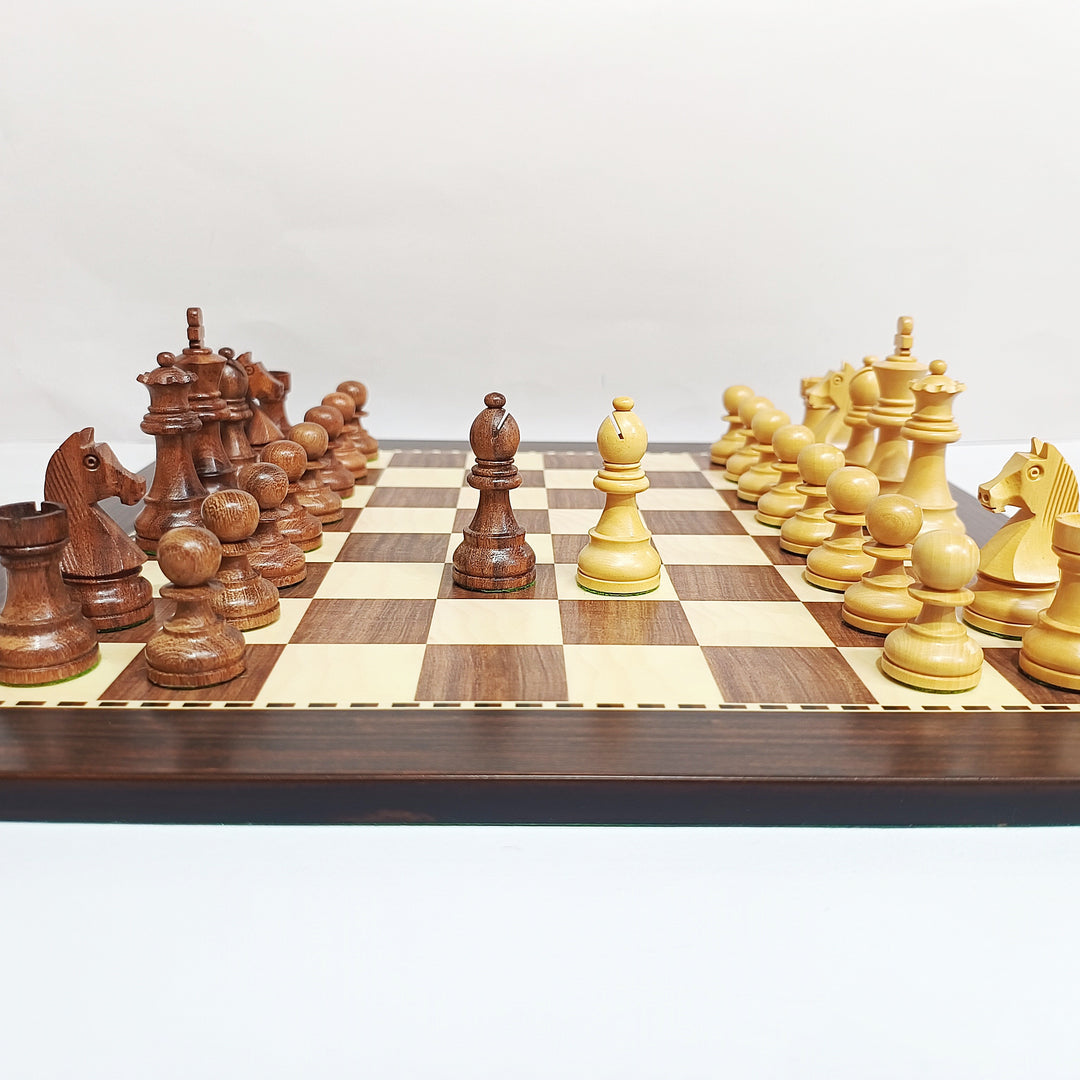
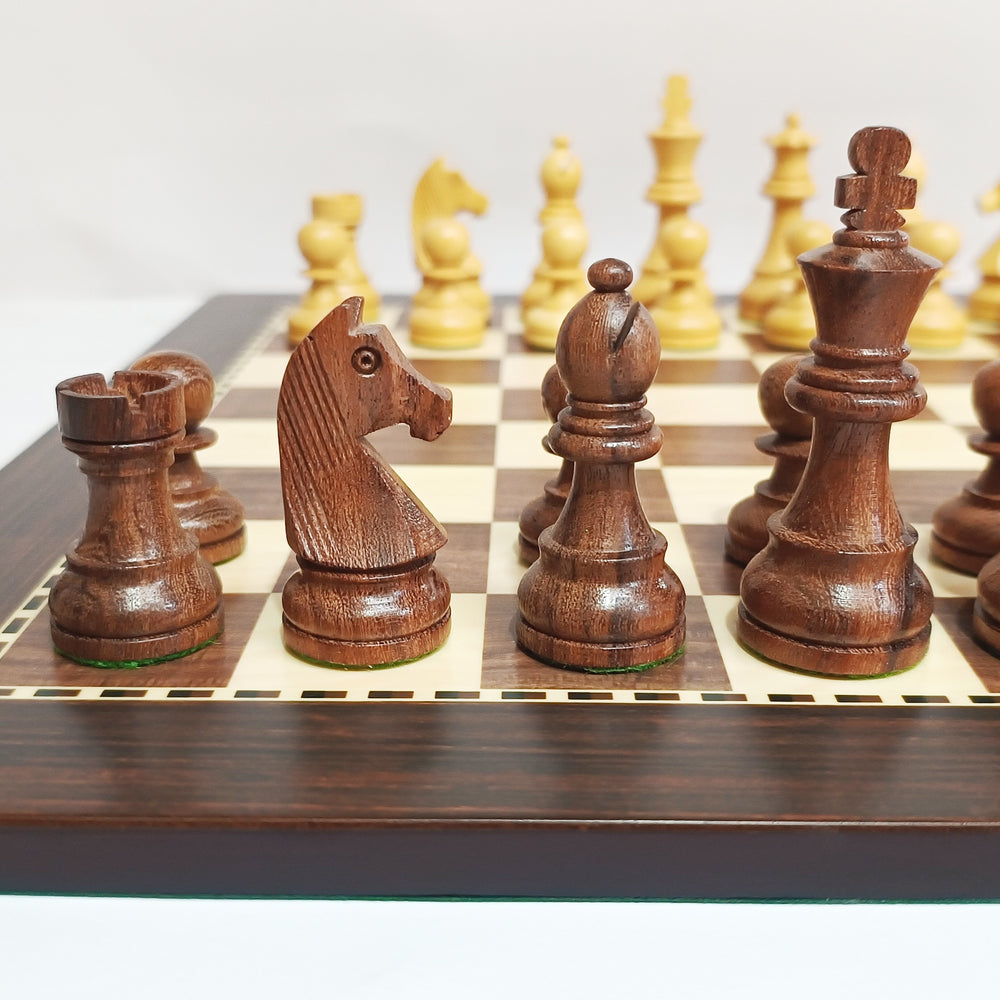
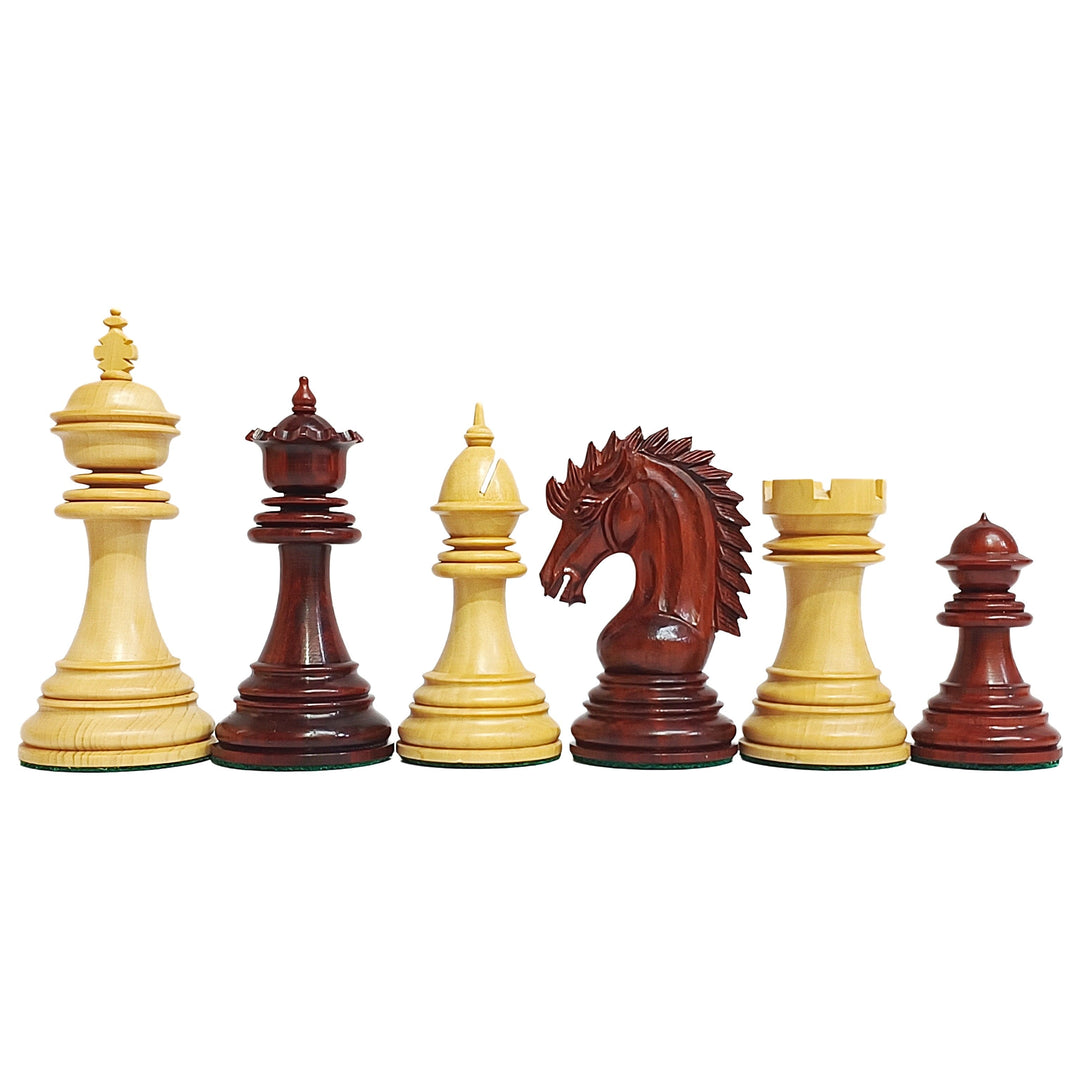
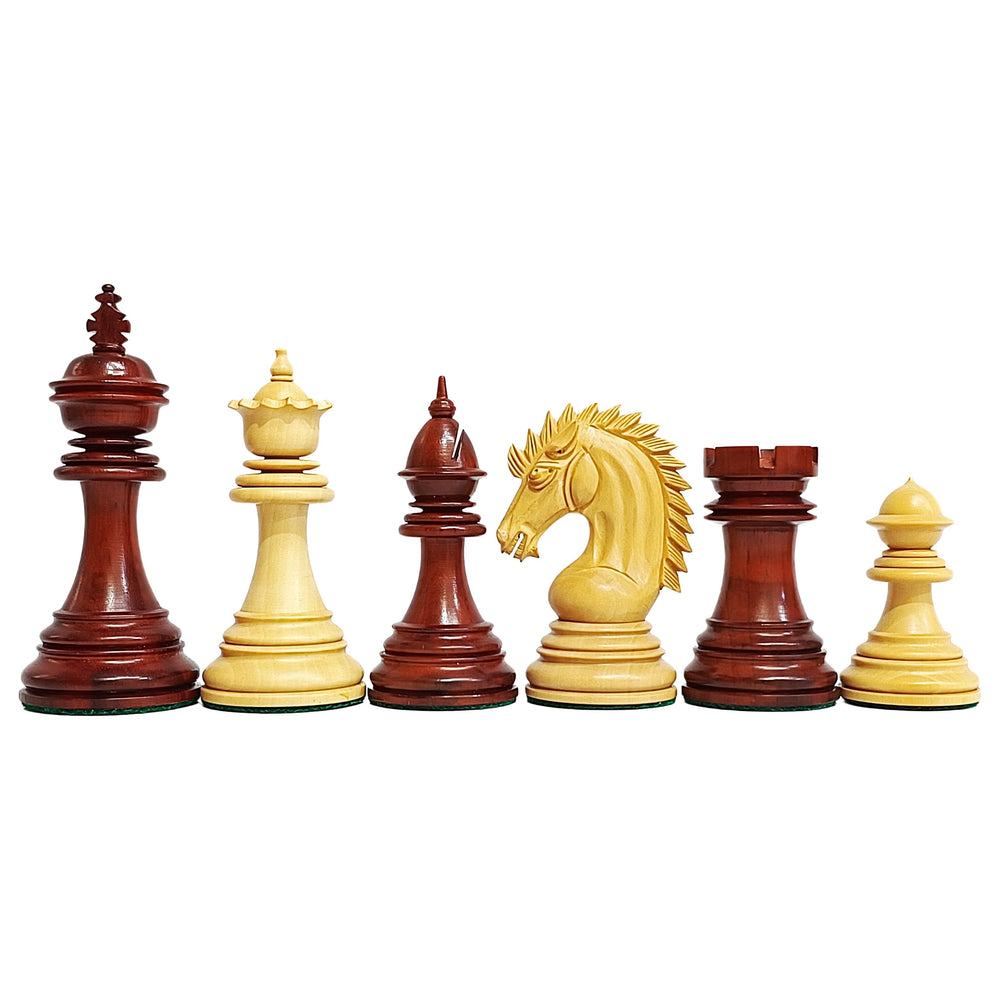
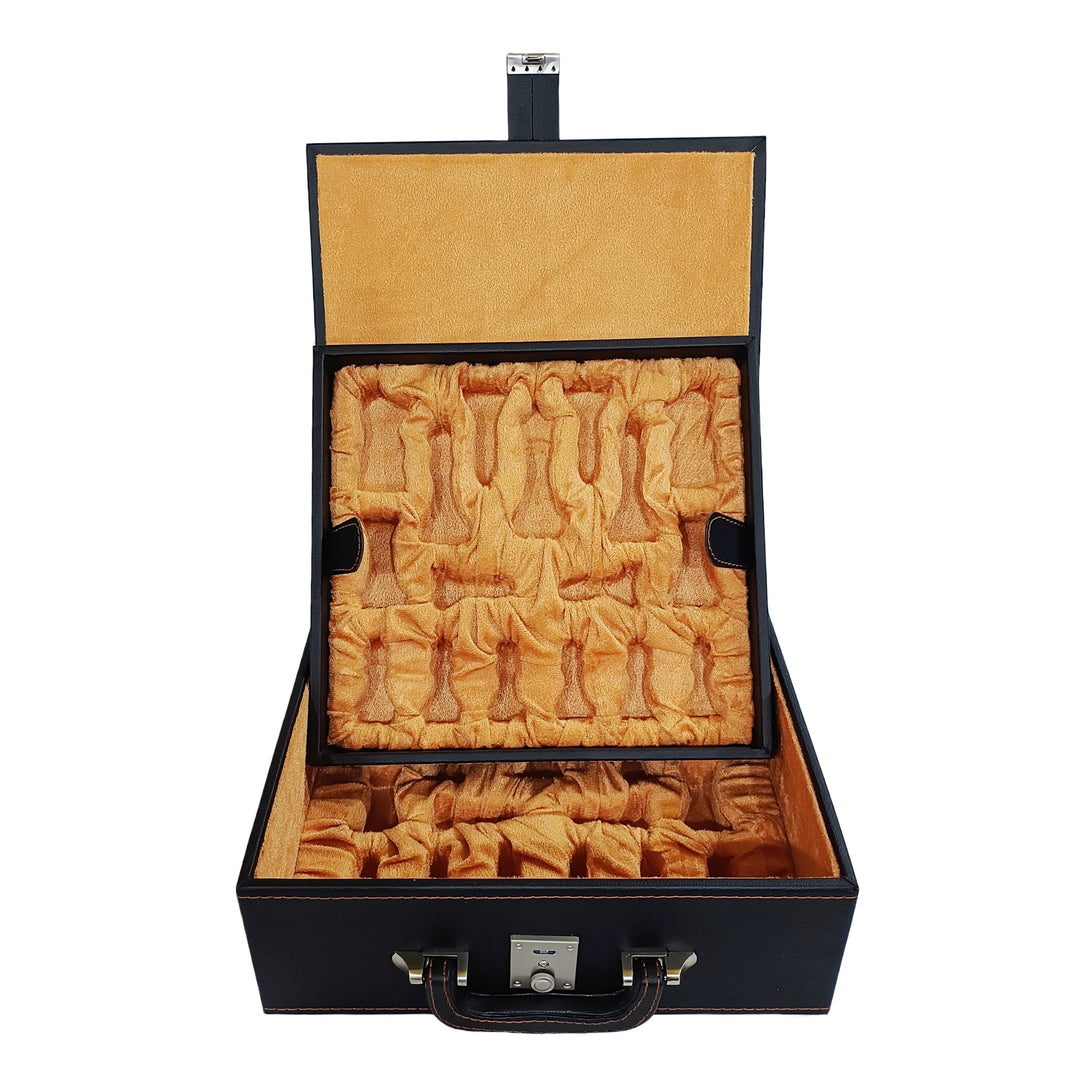

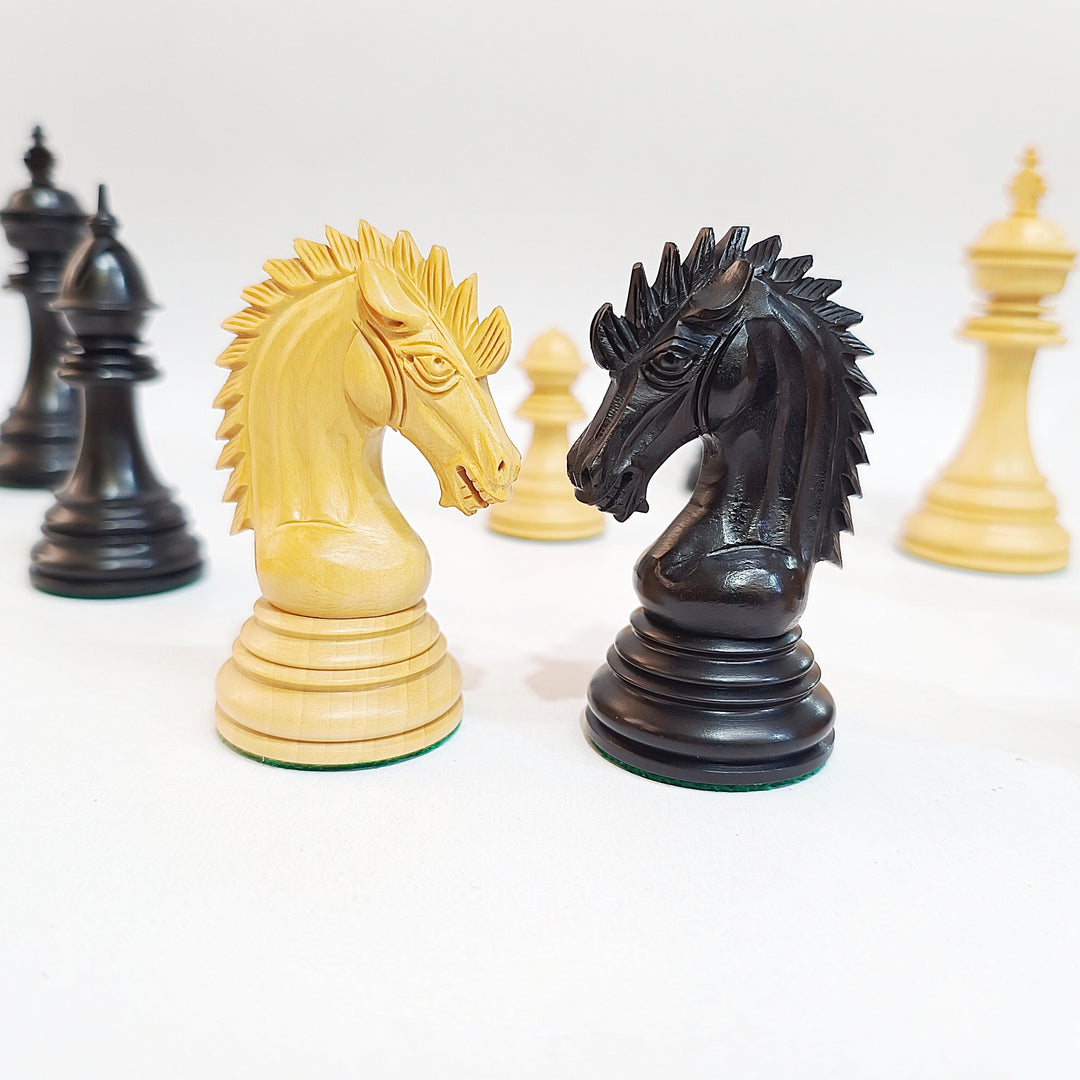
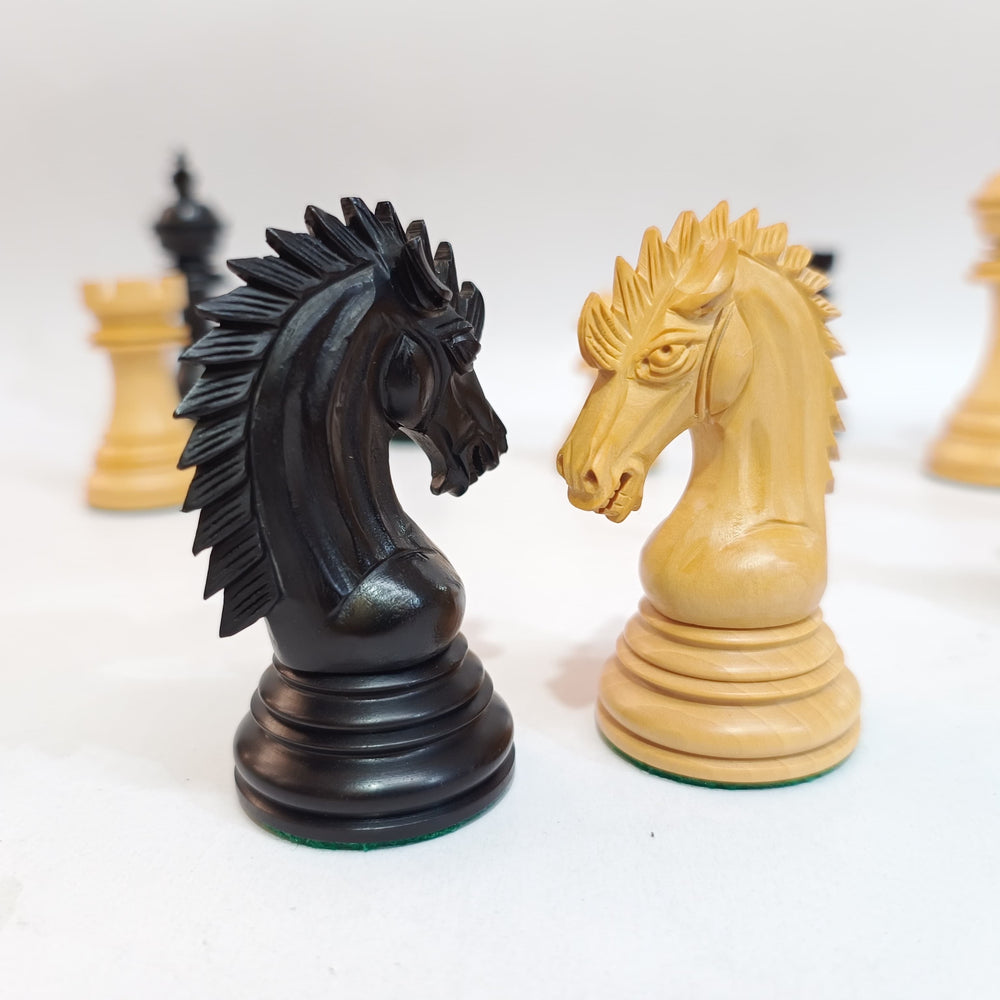
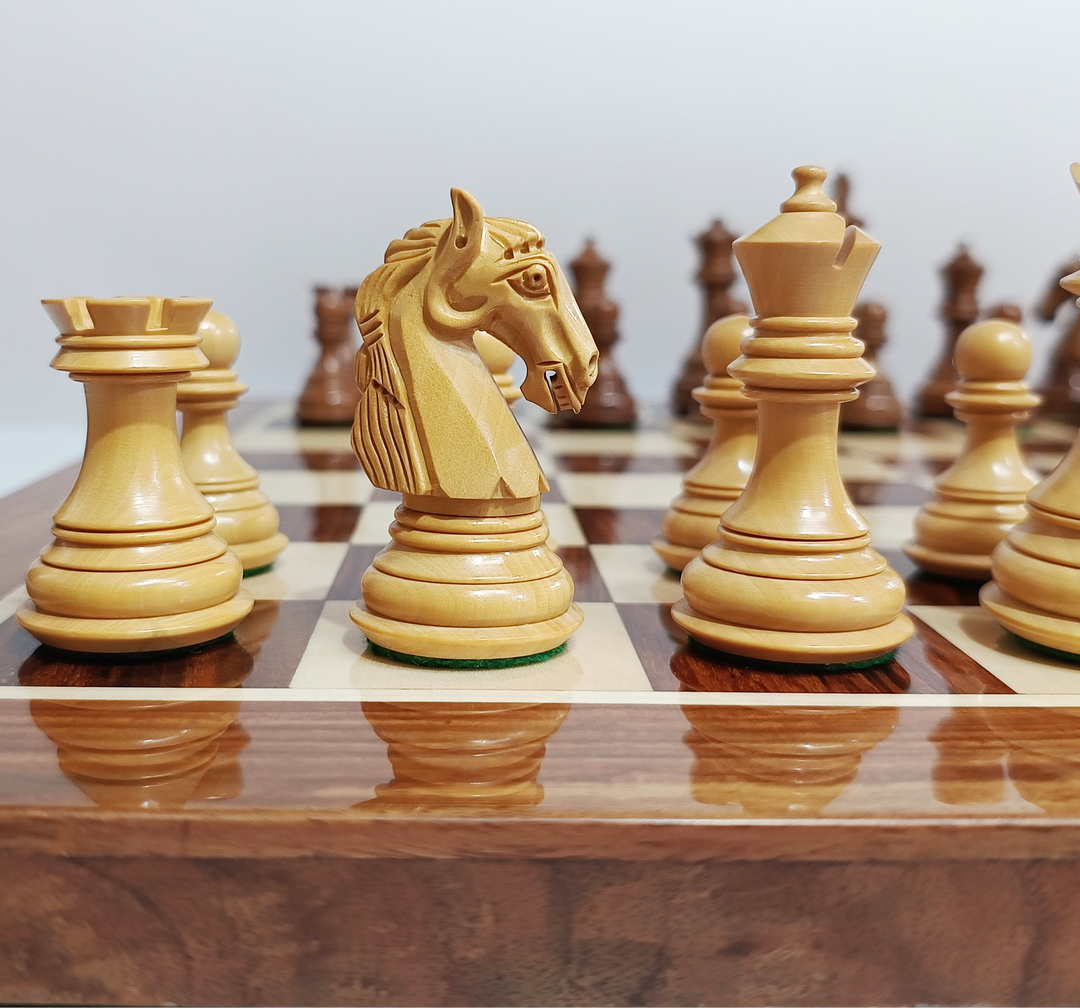
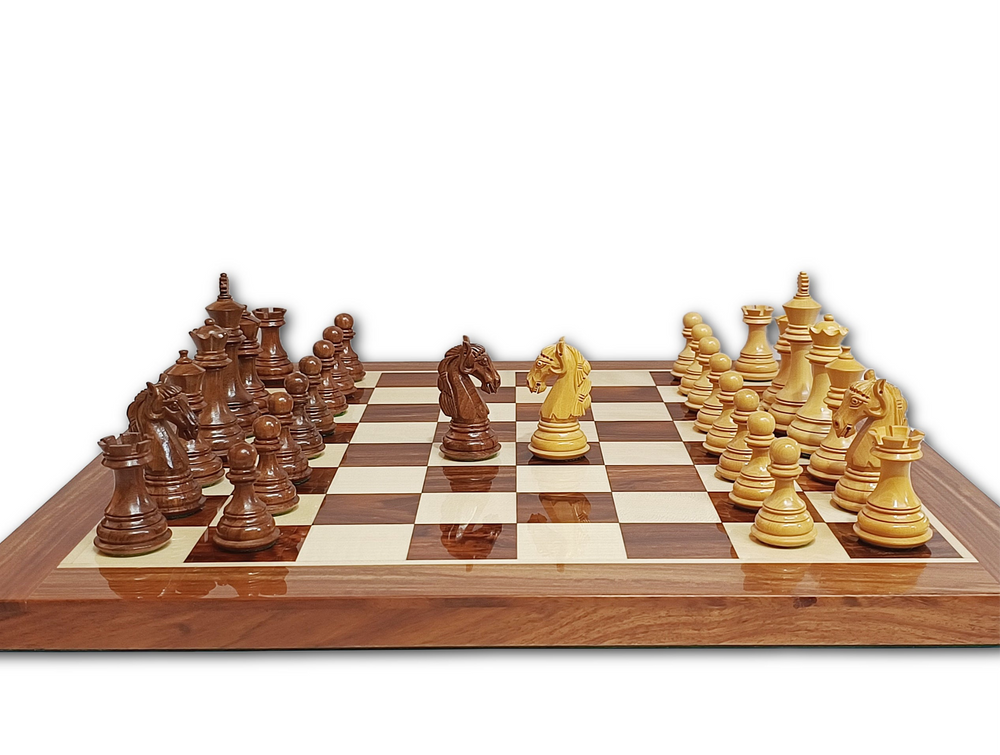
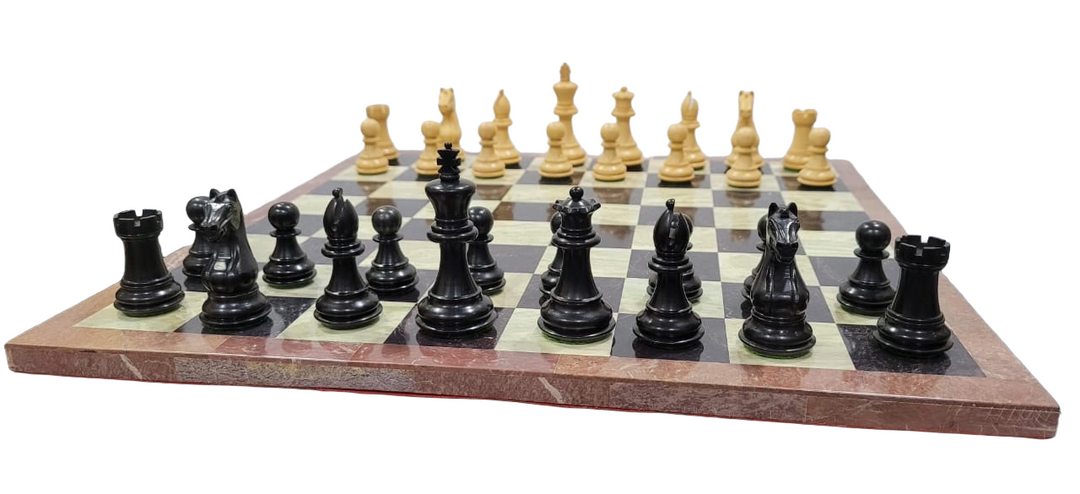
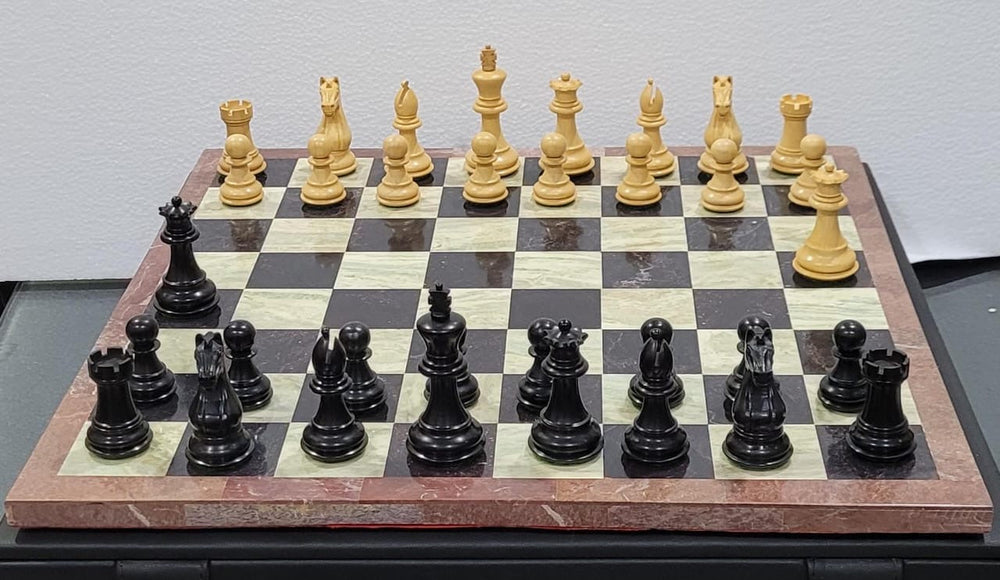
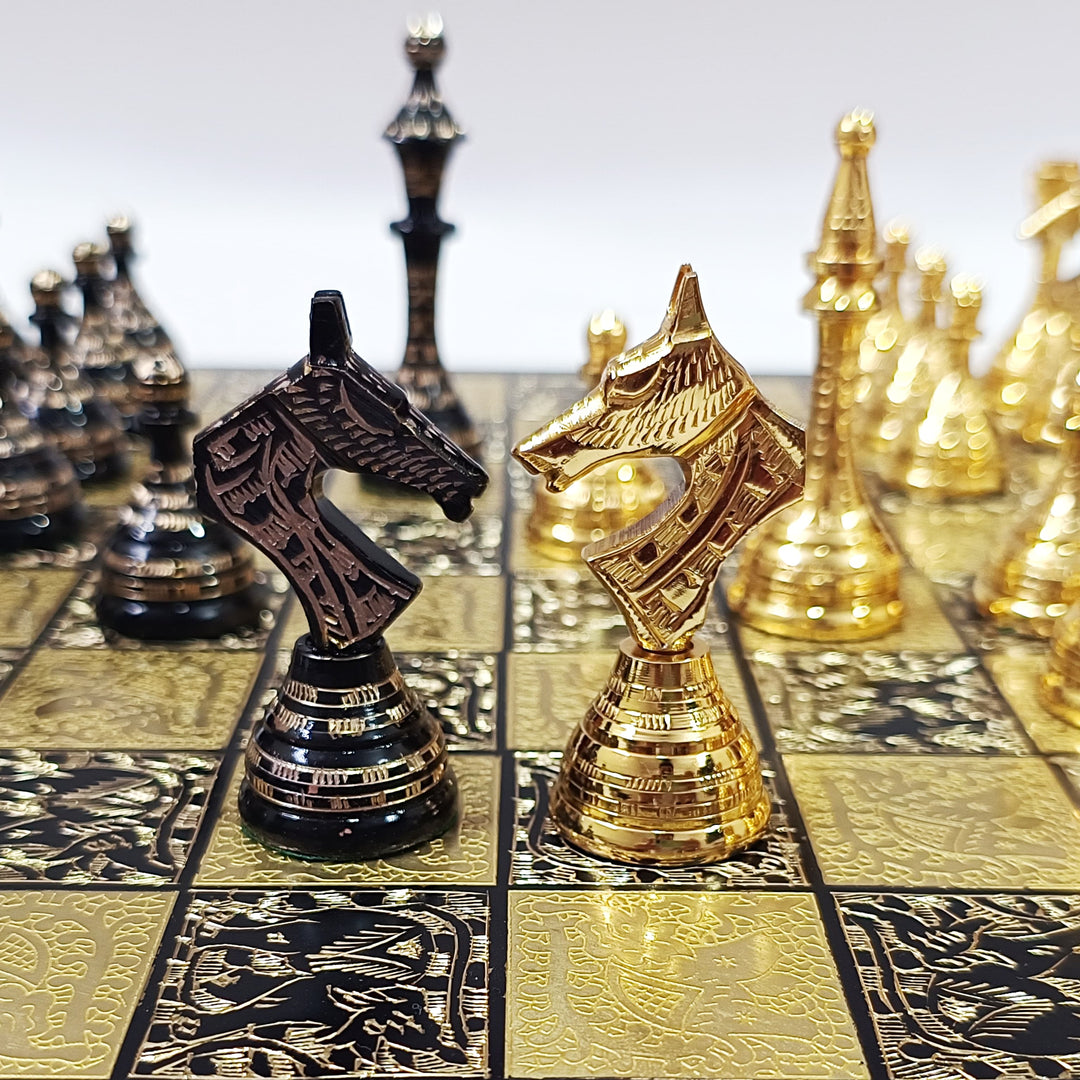
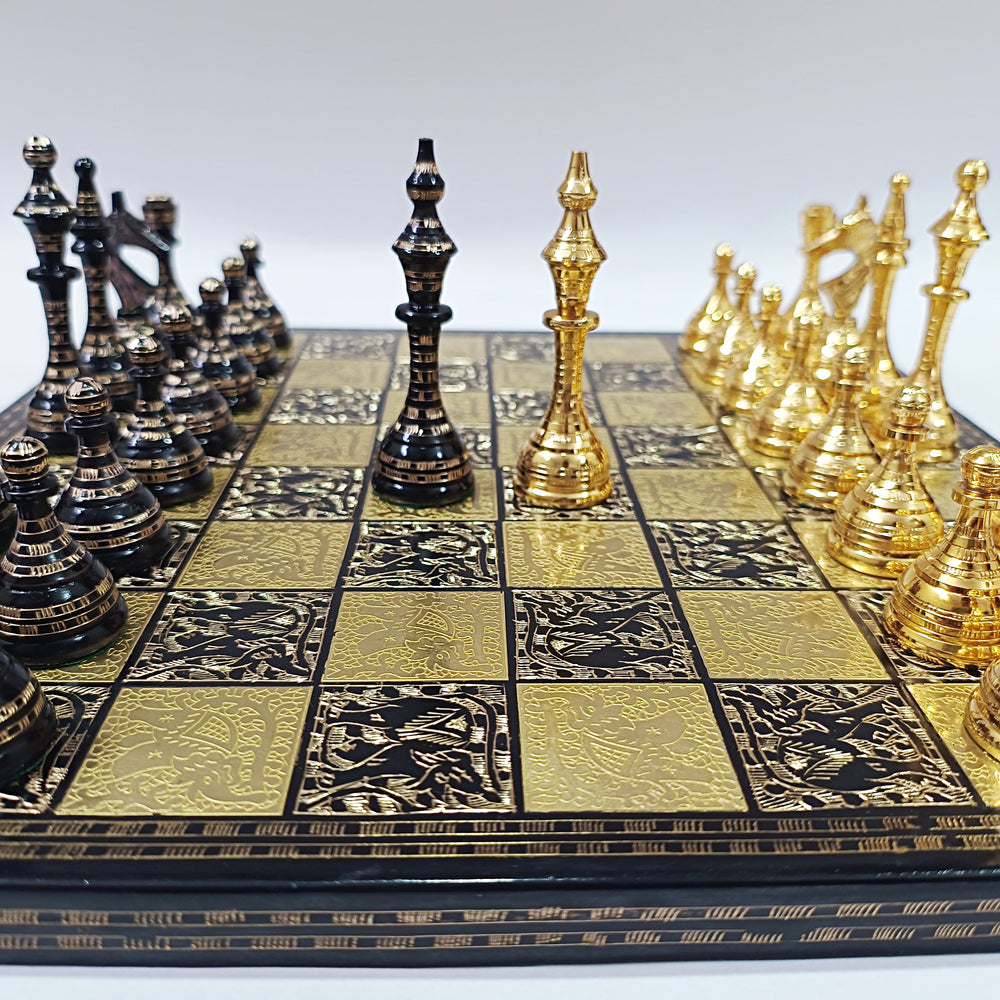
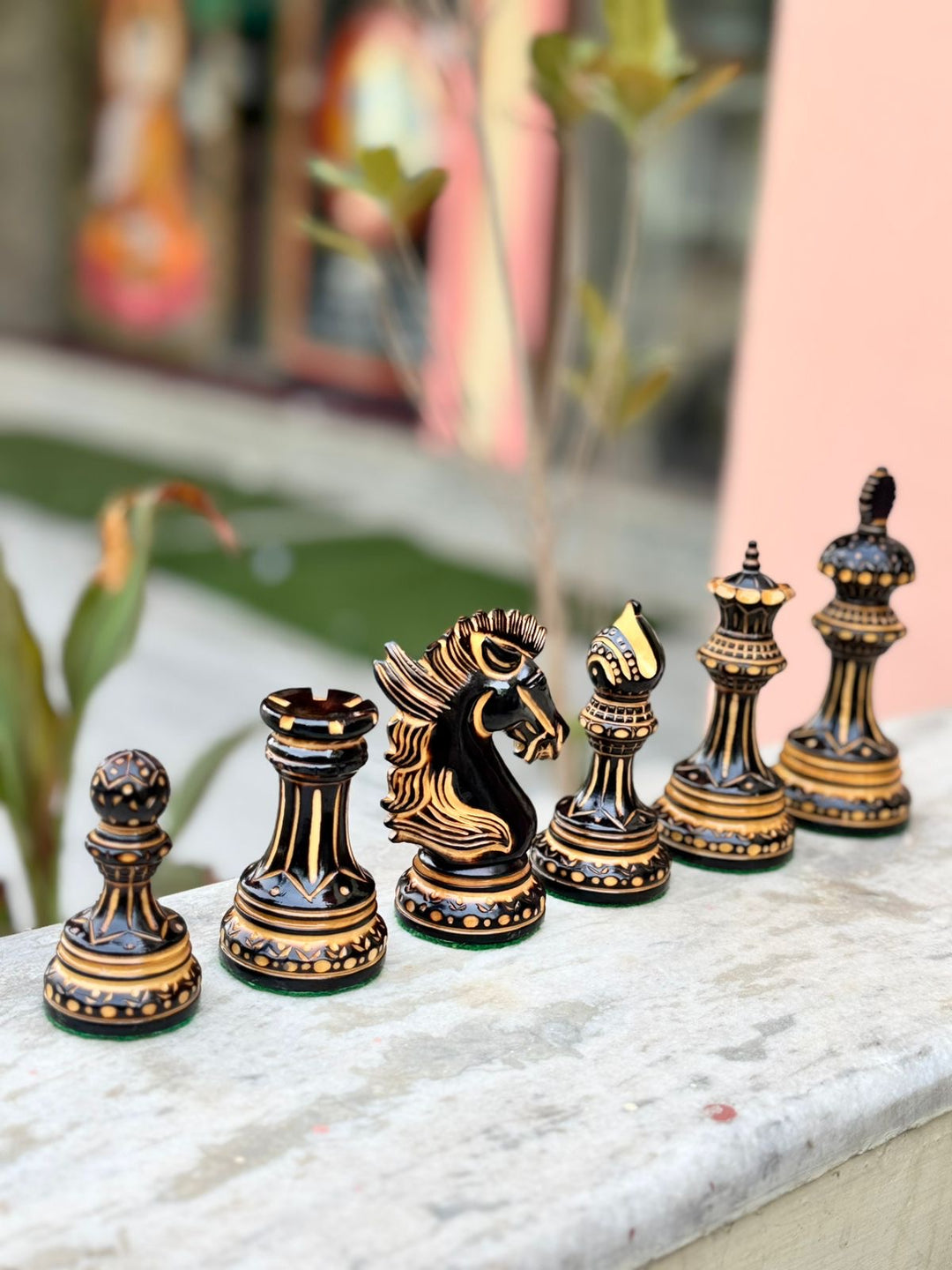

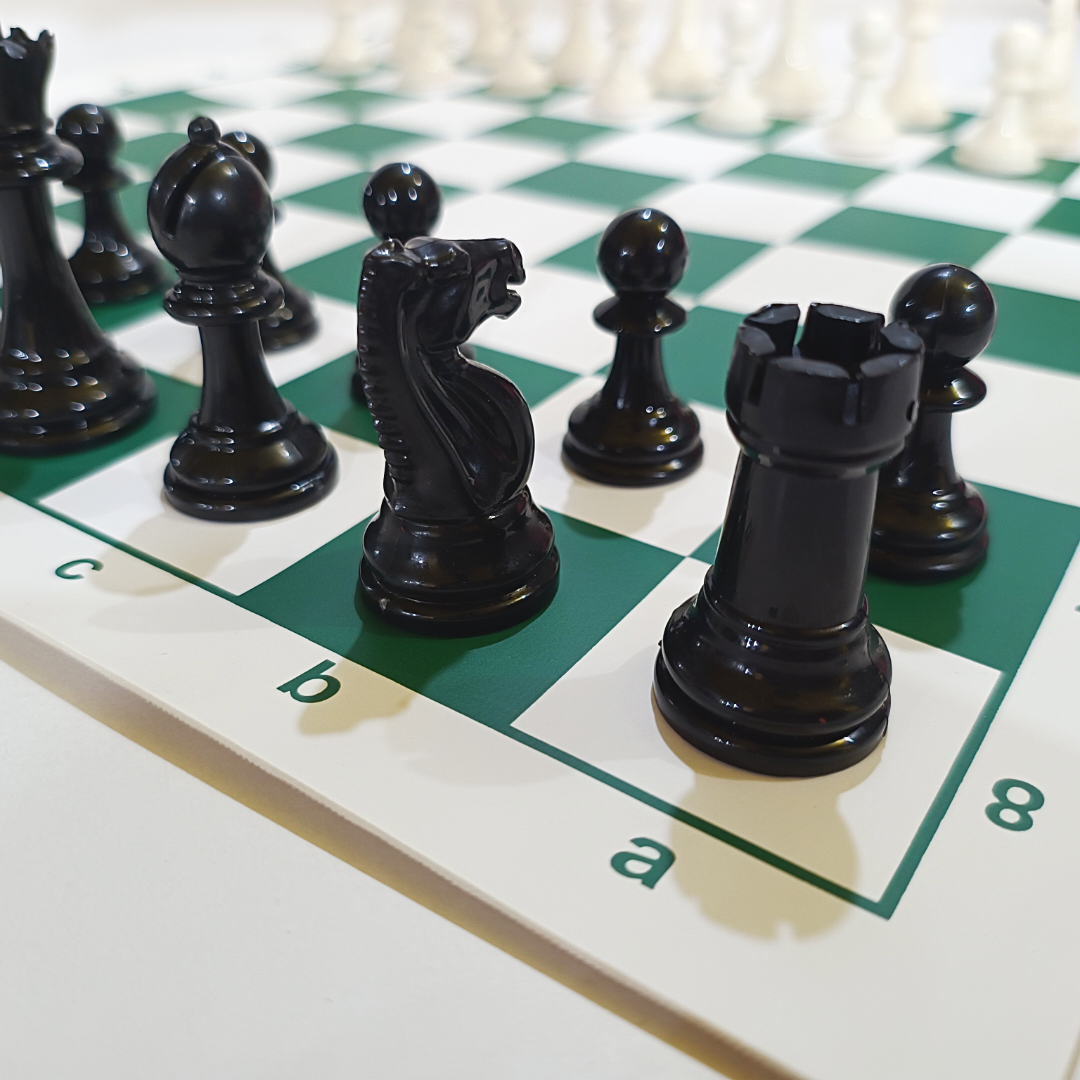
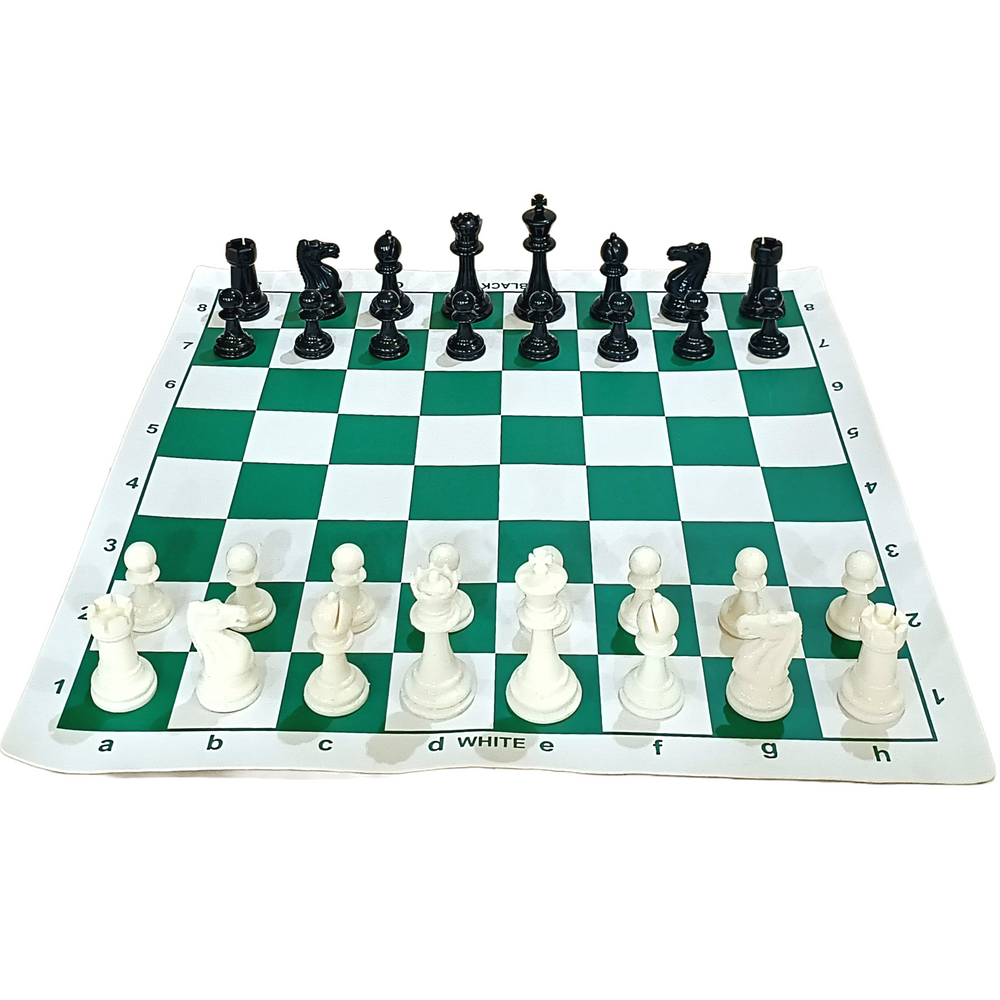
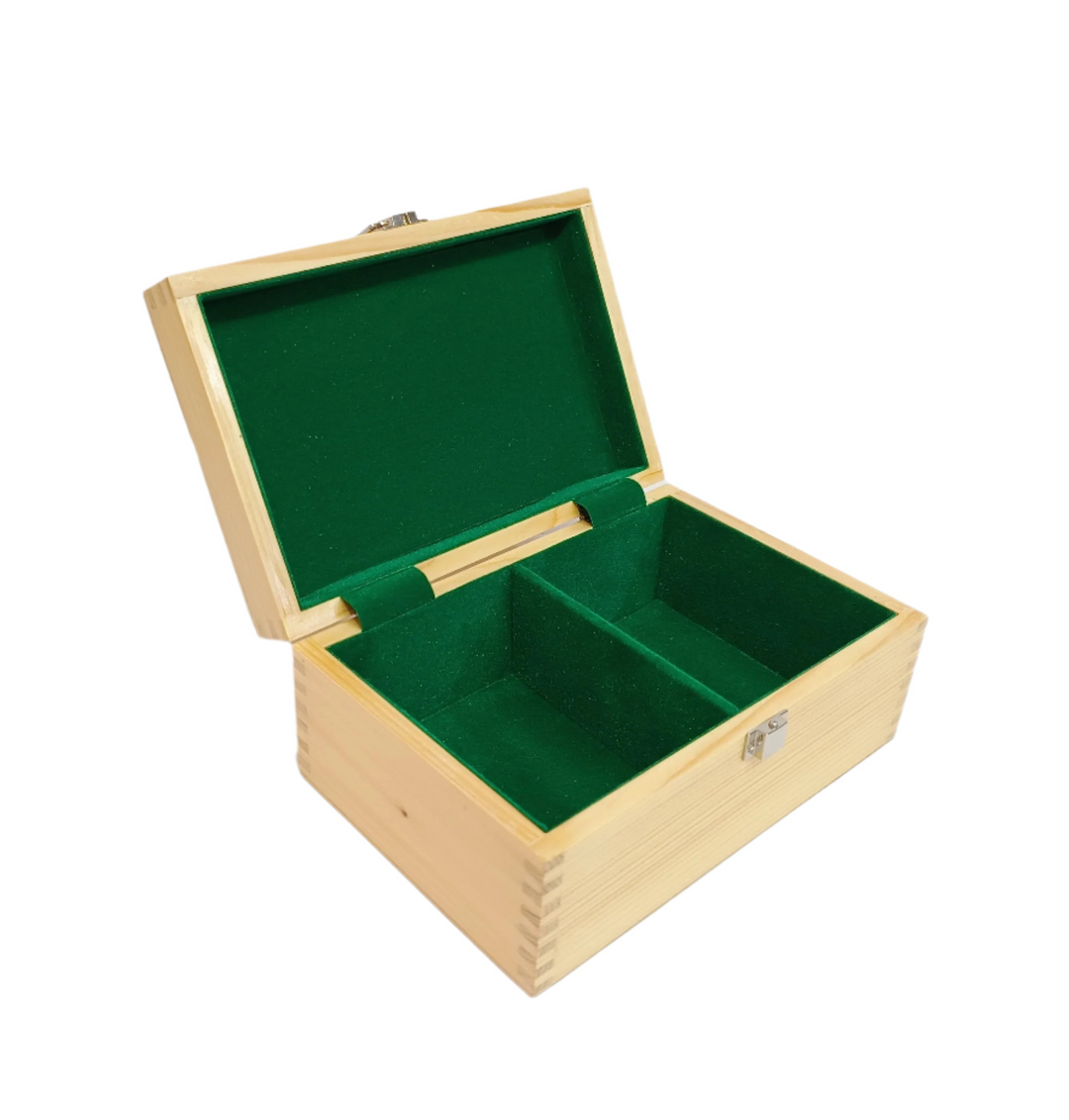
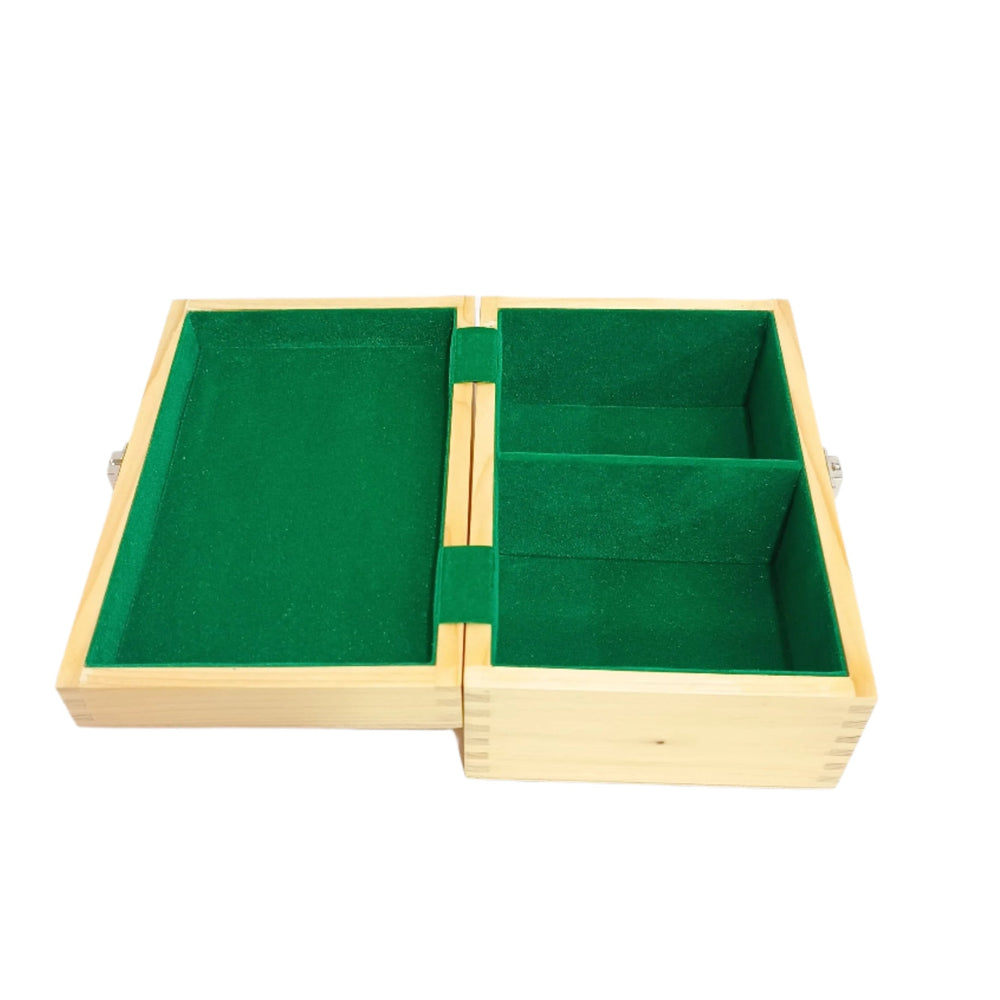
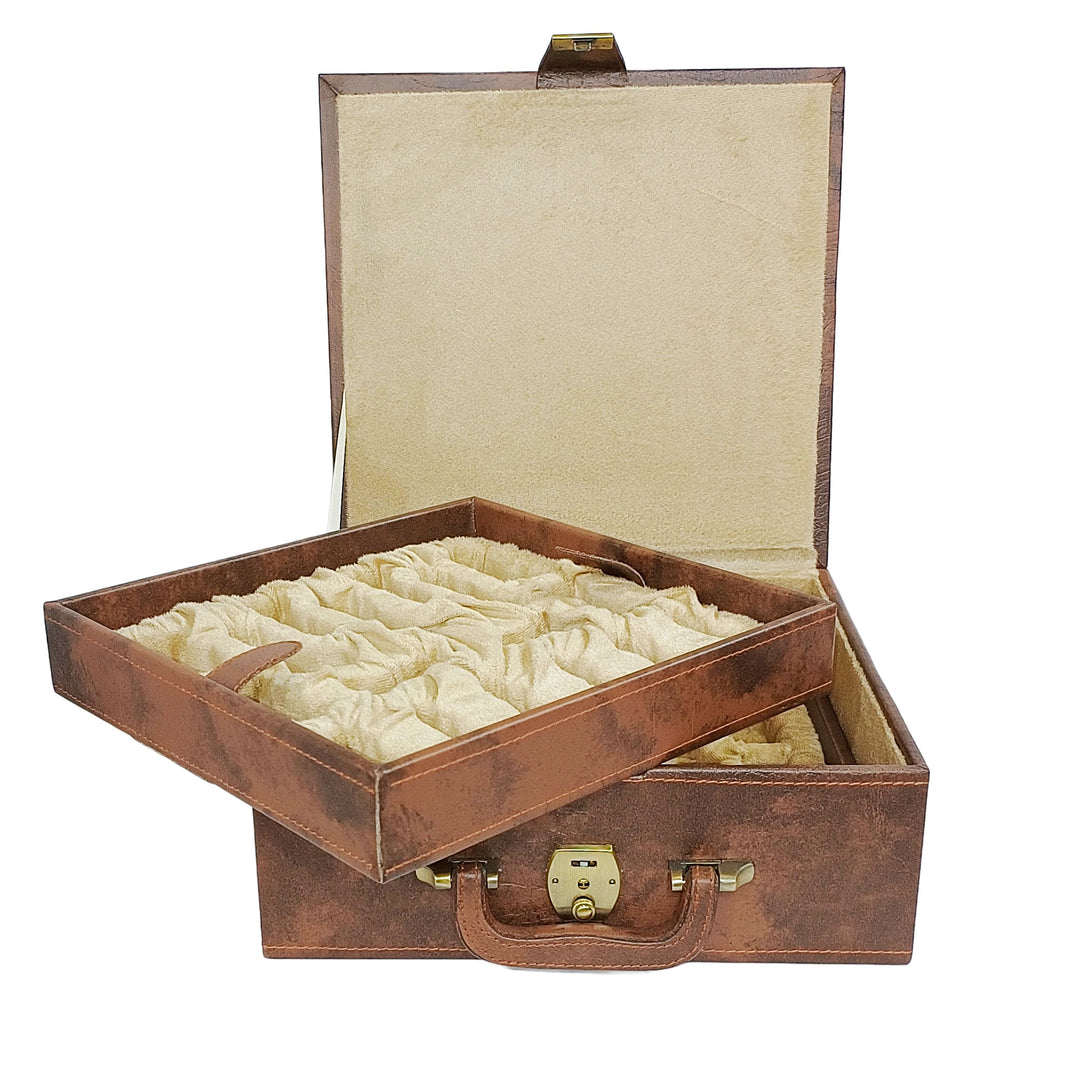

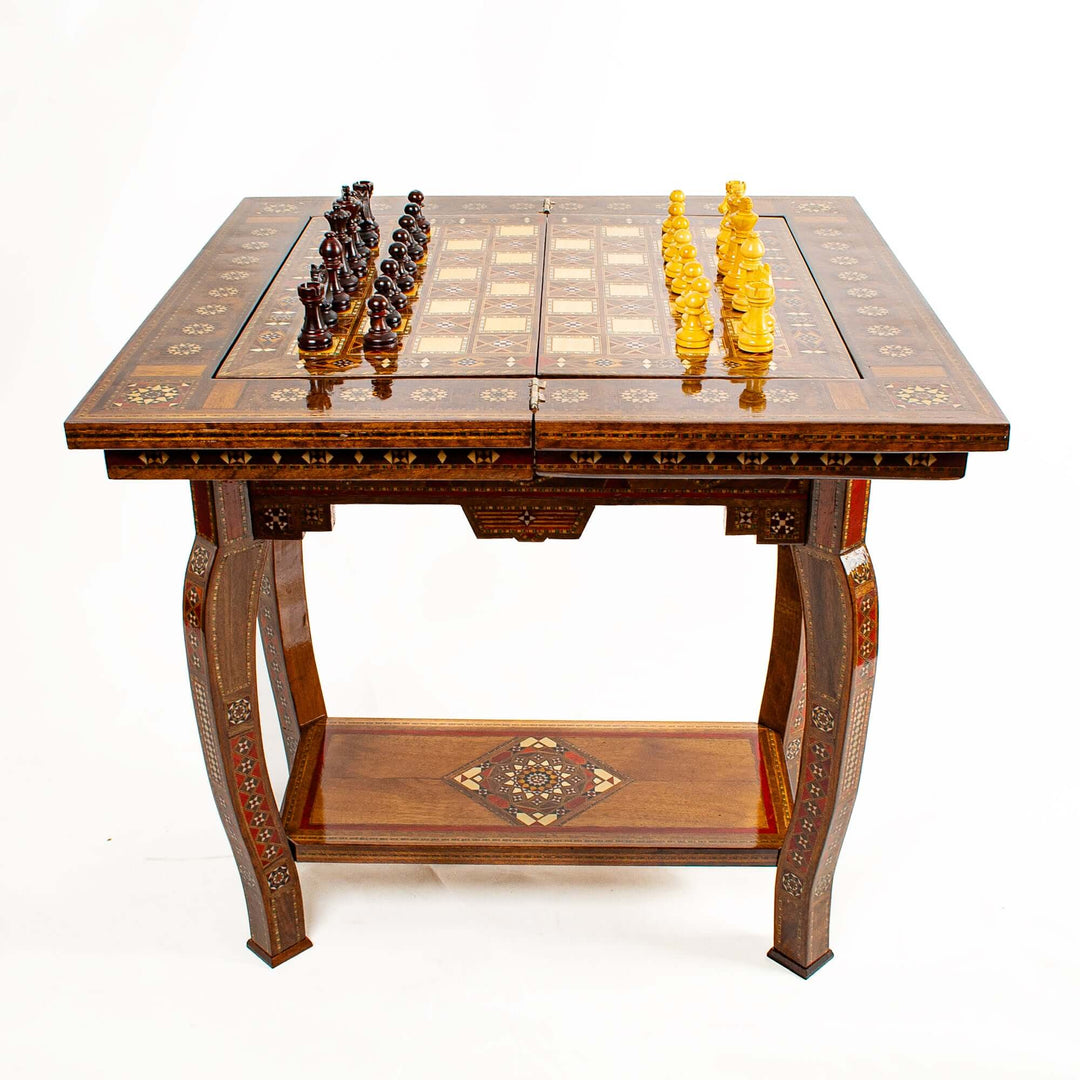
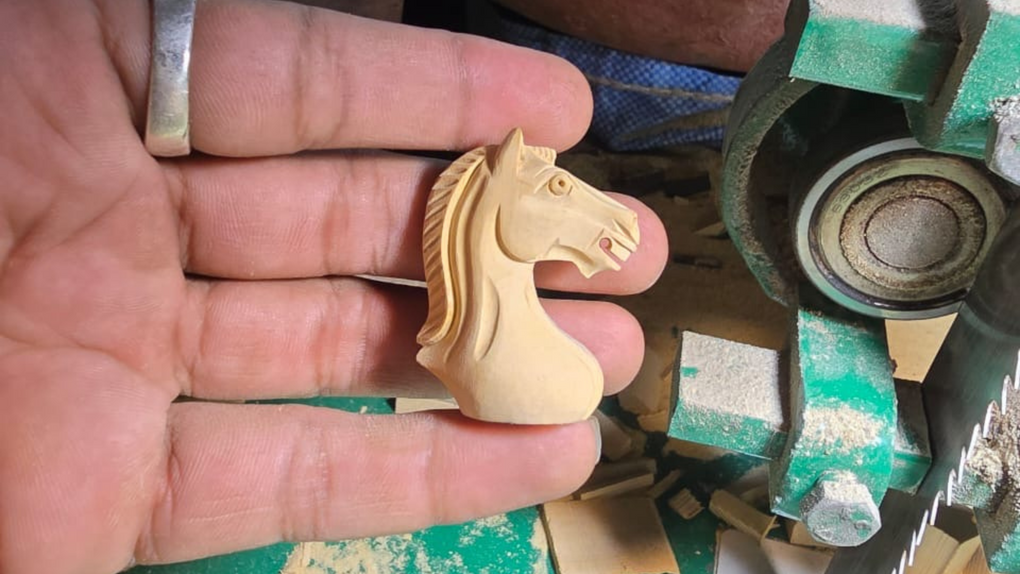
Leave a comment